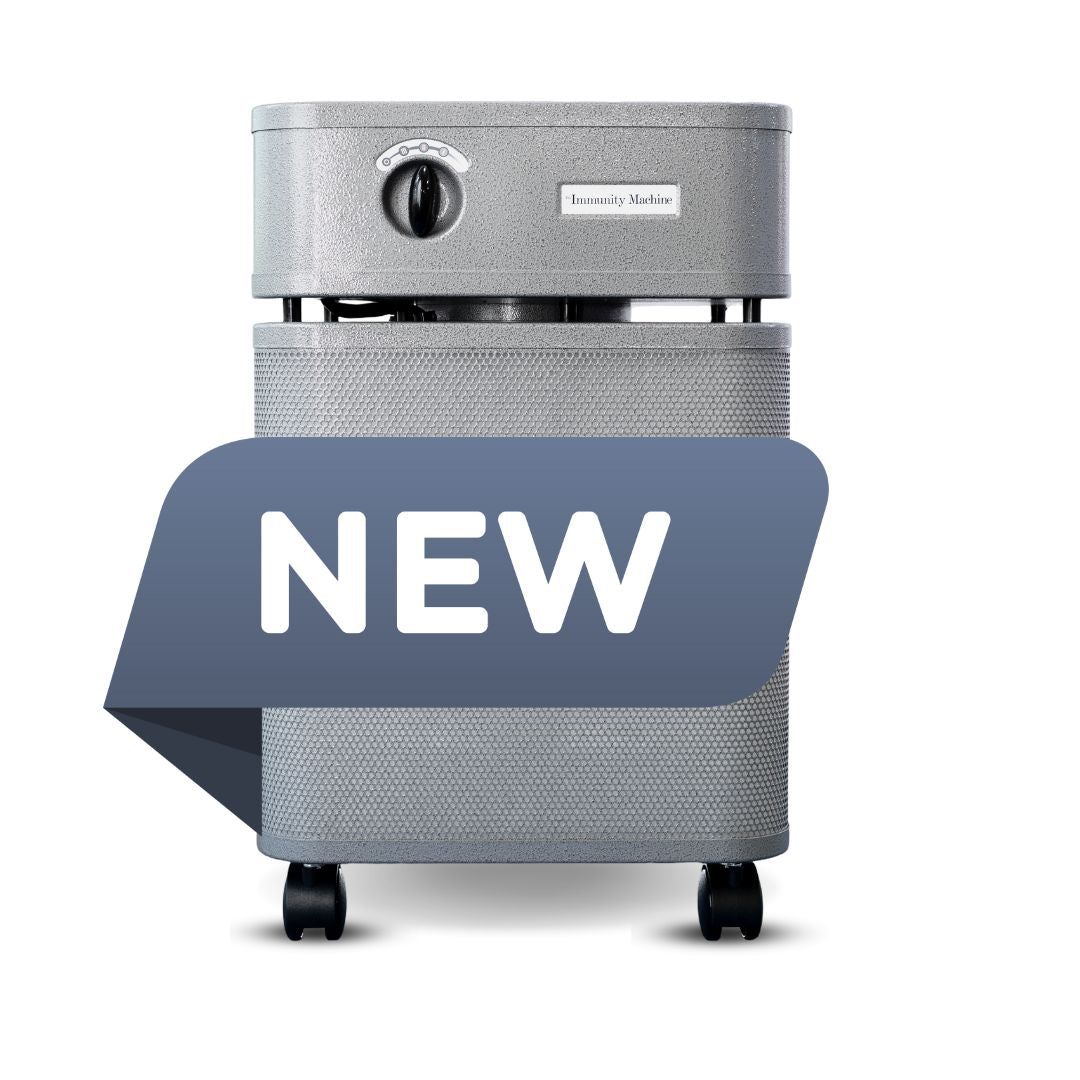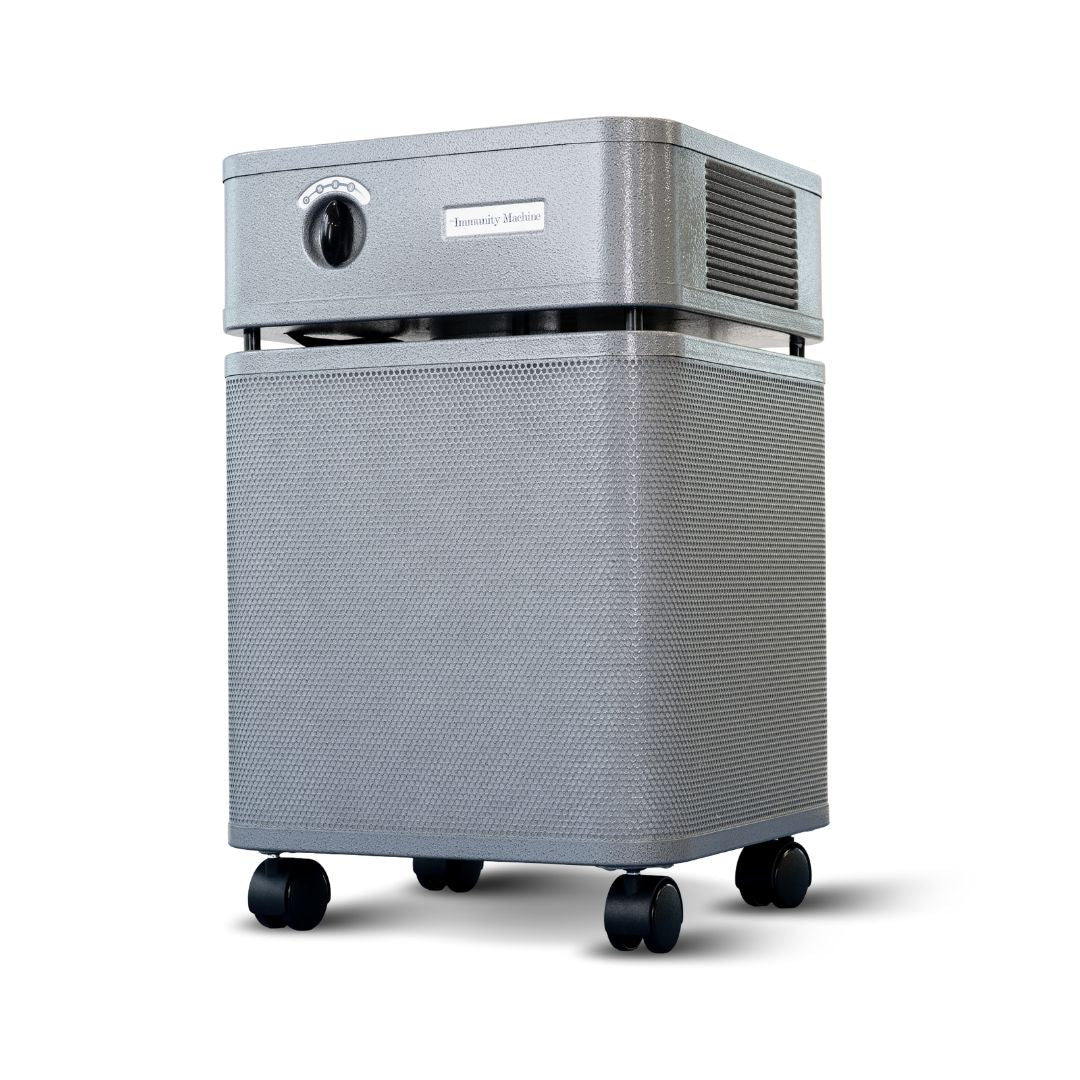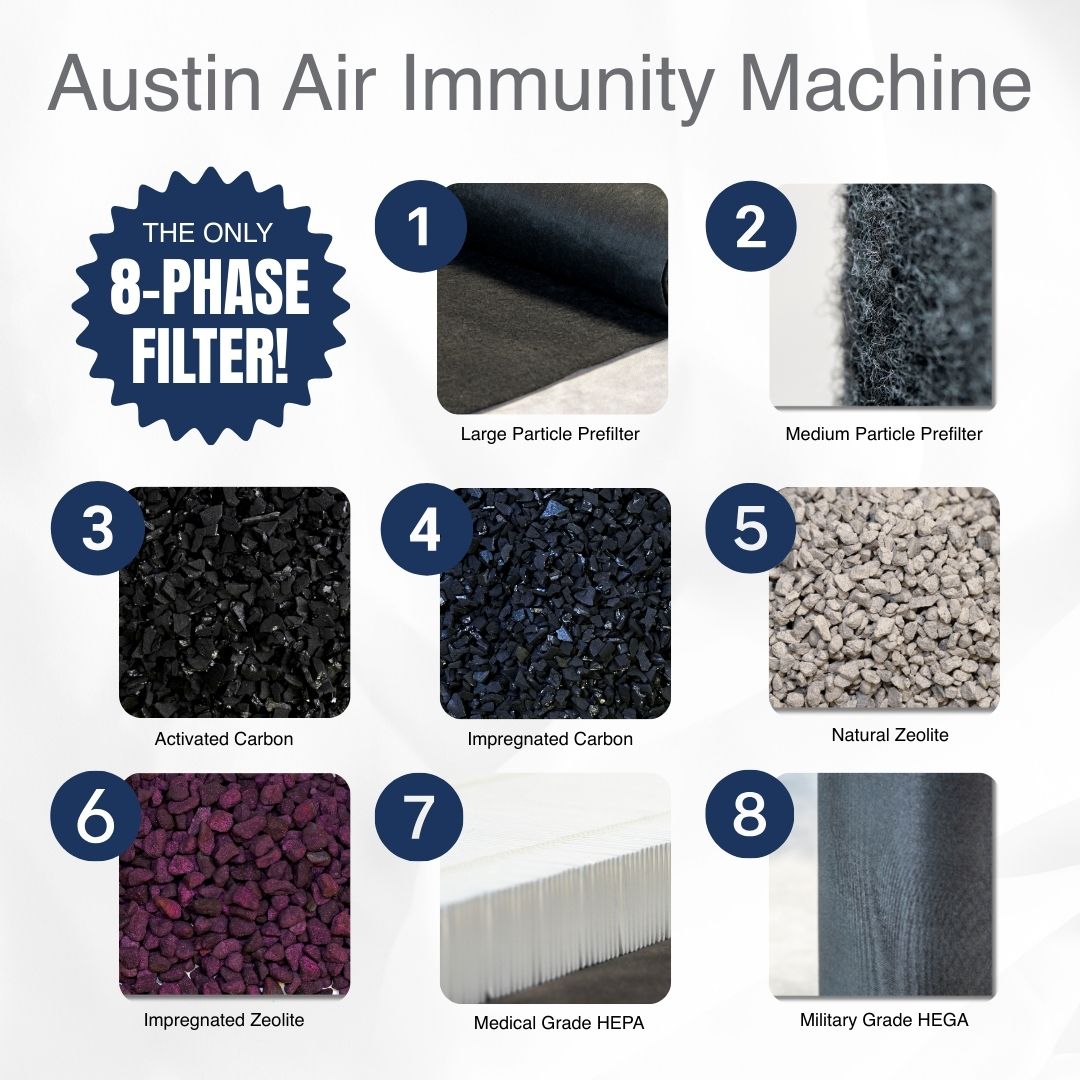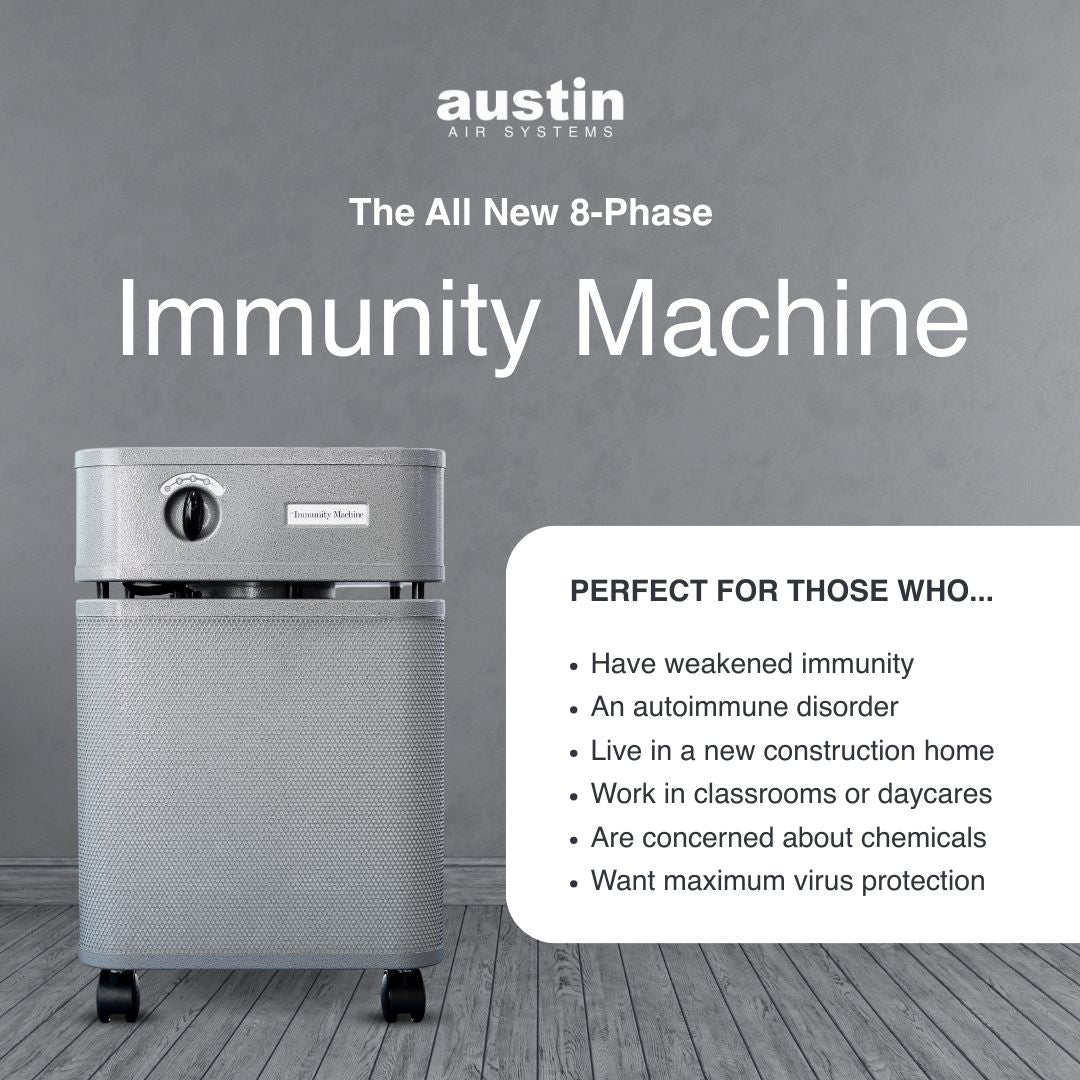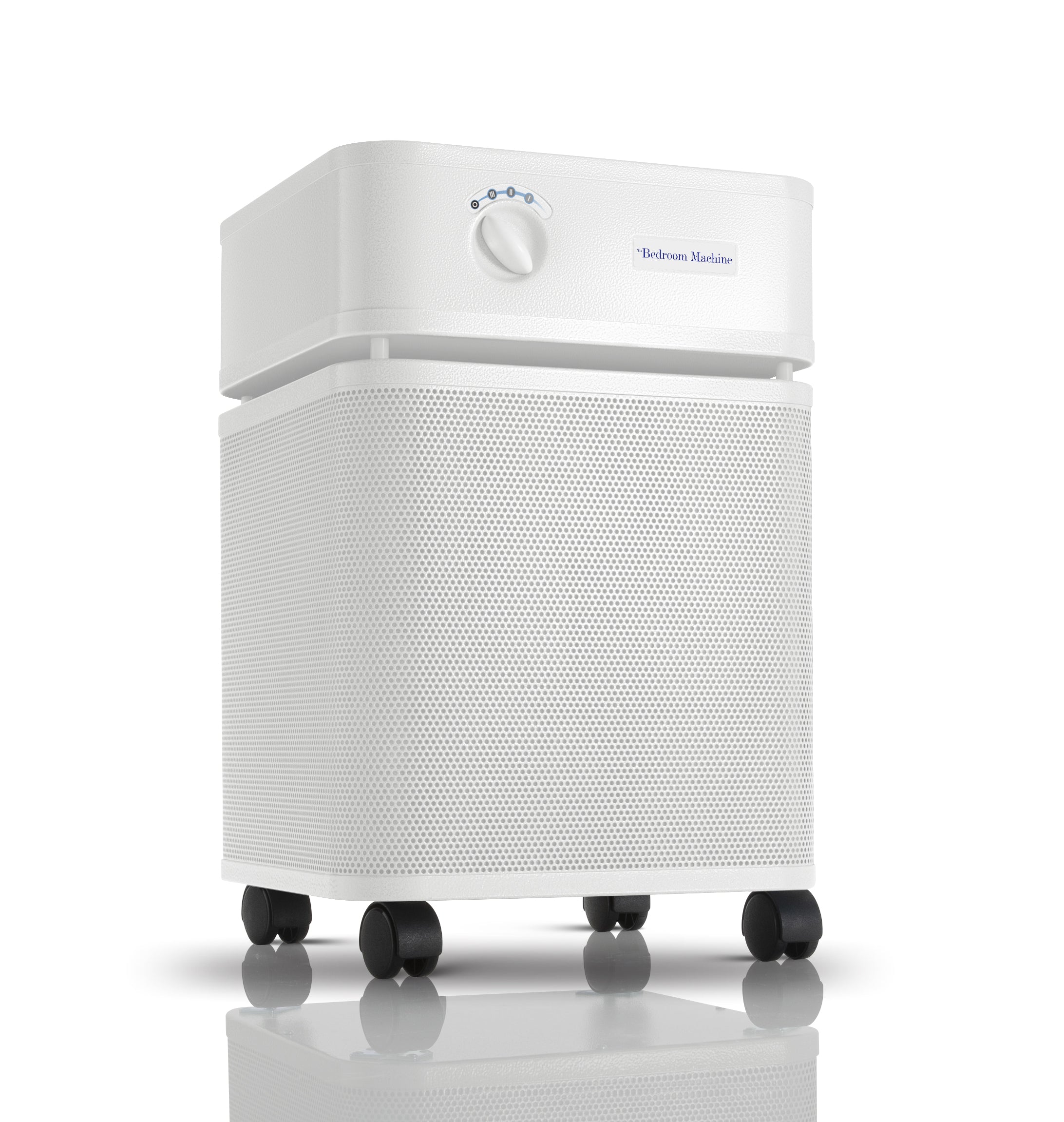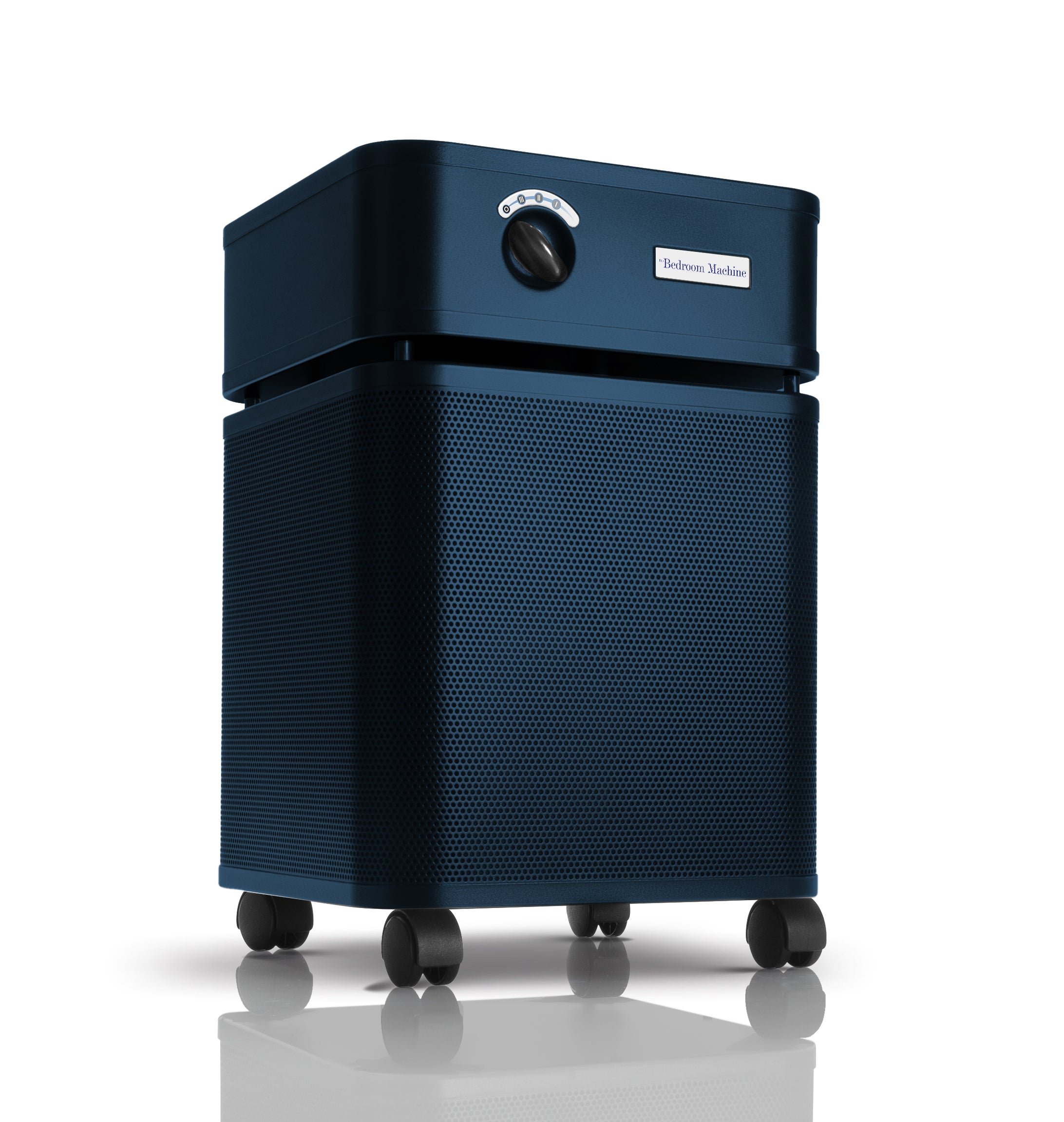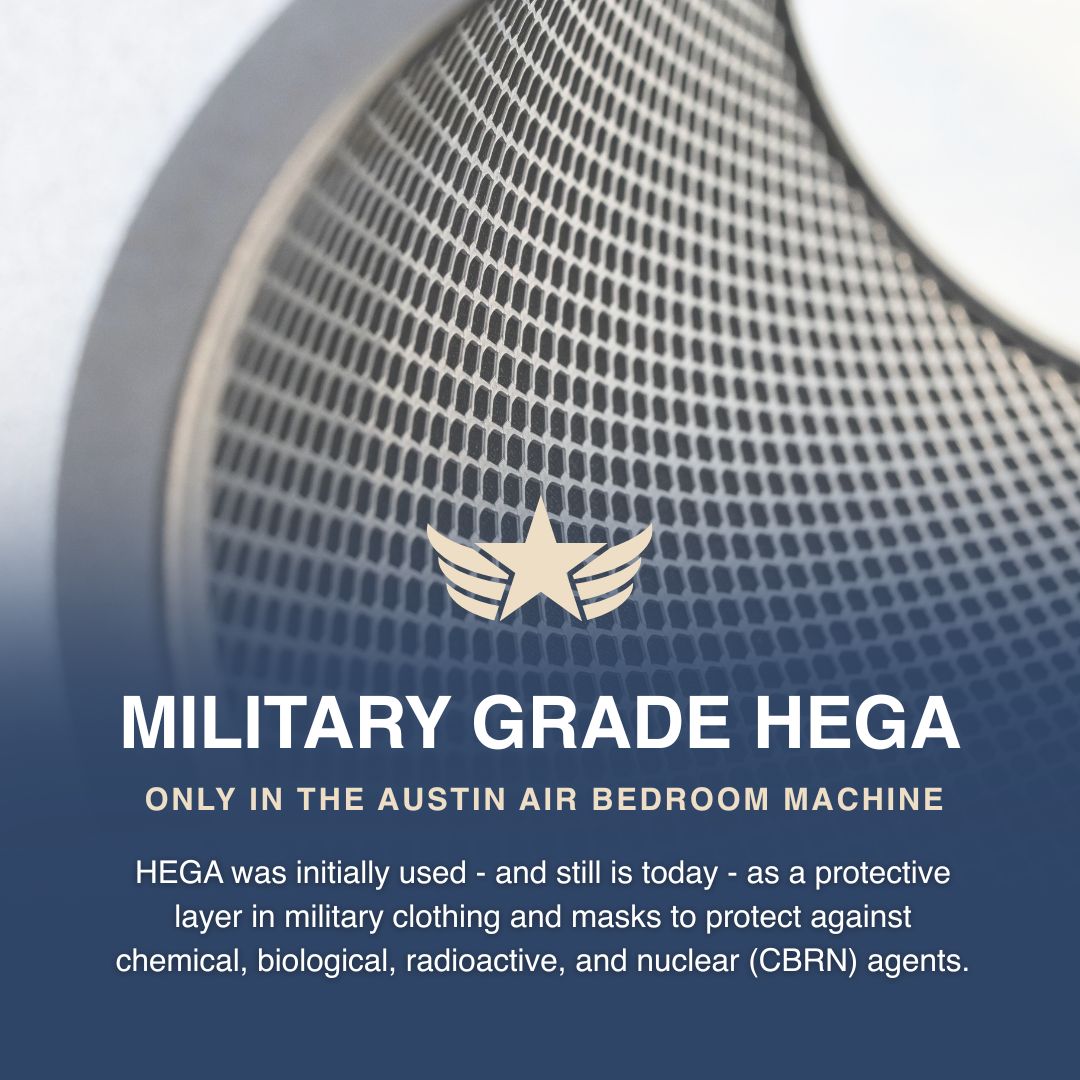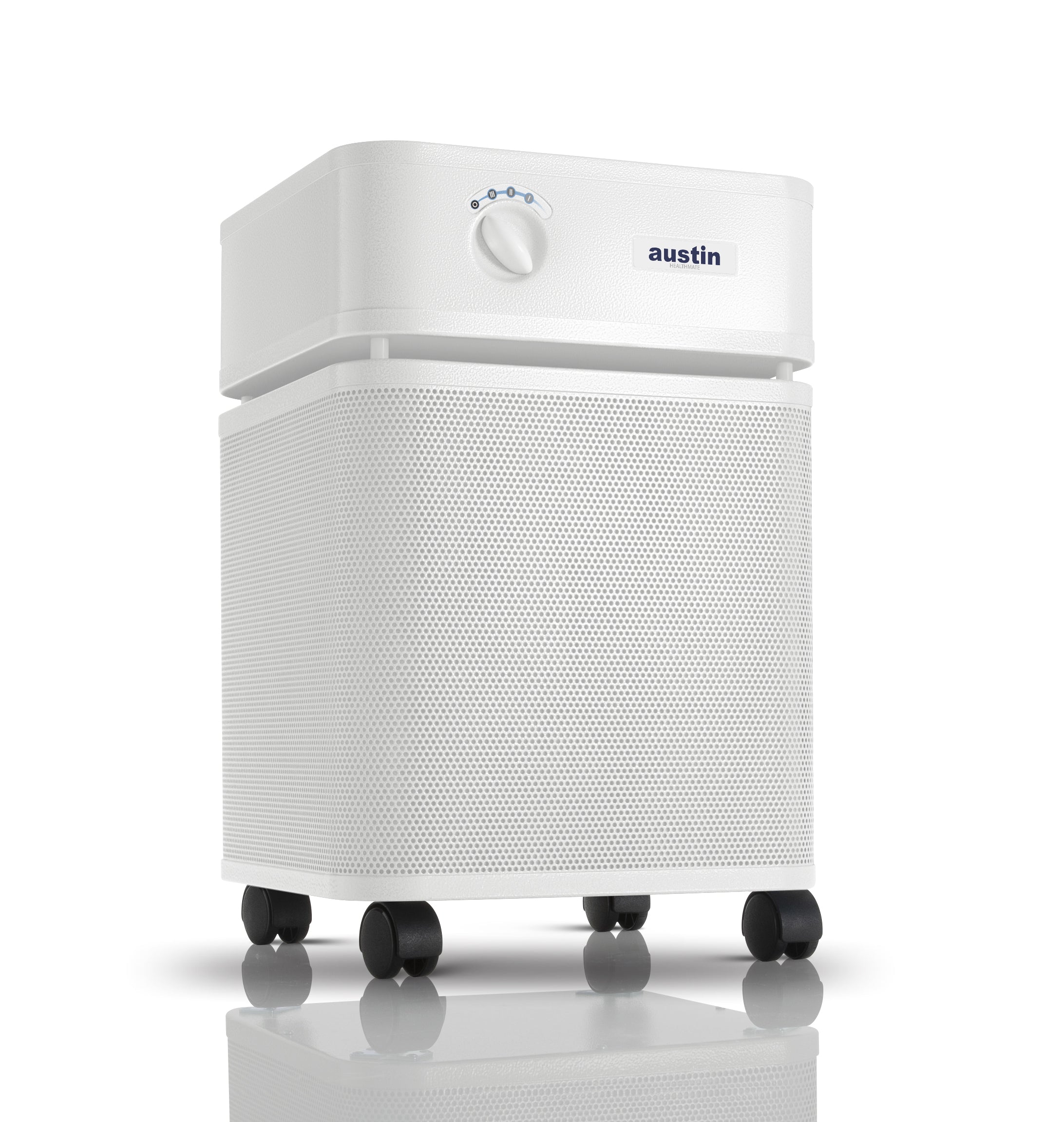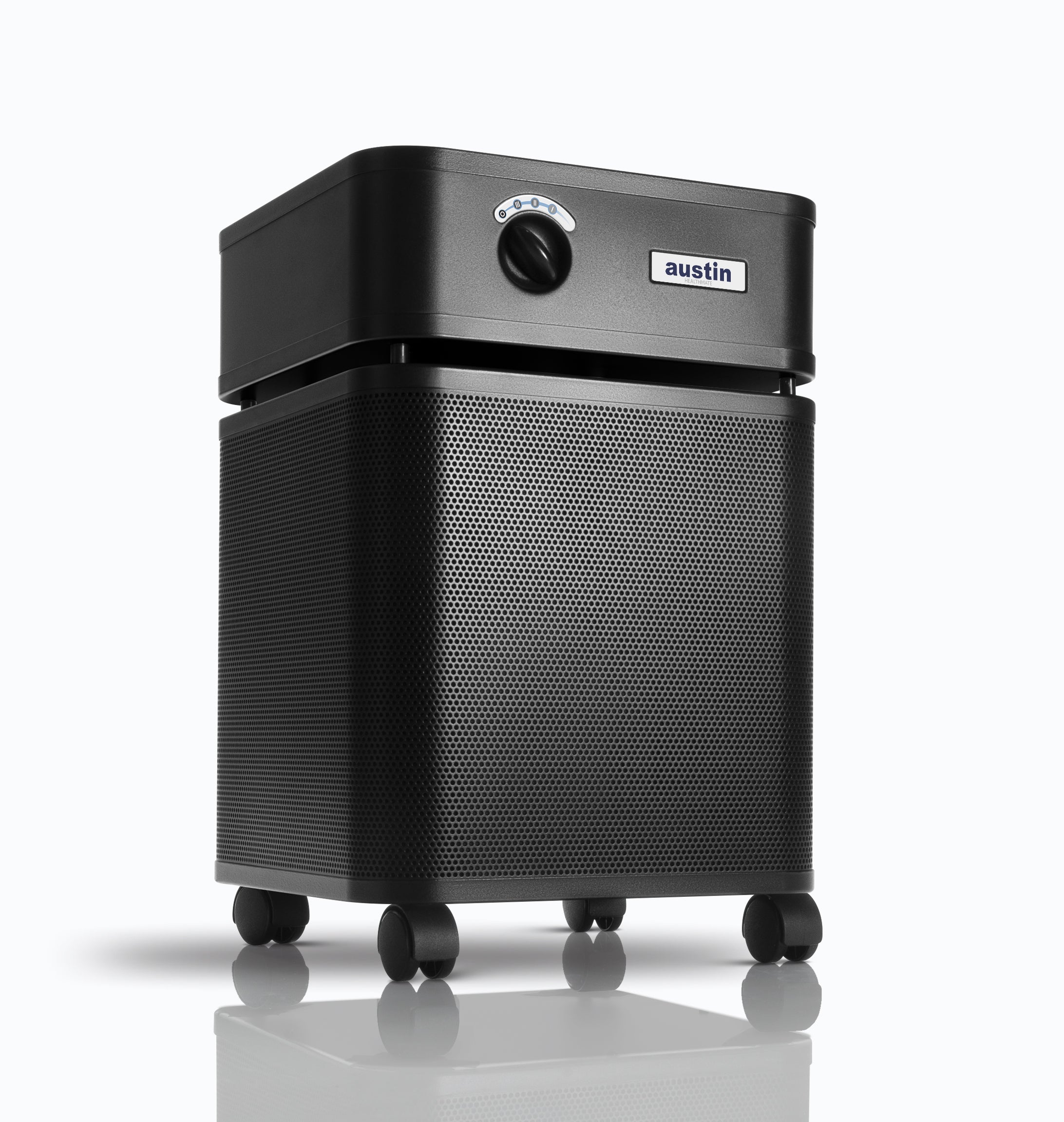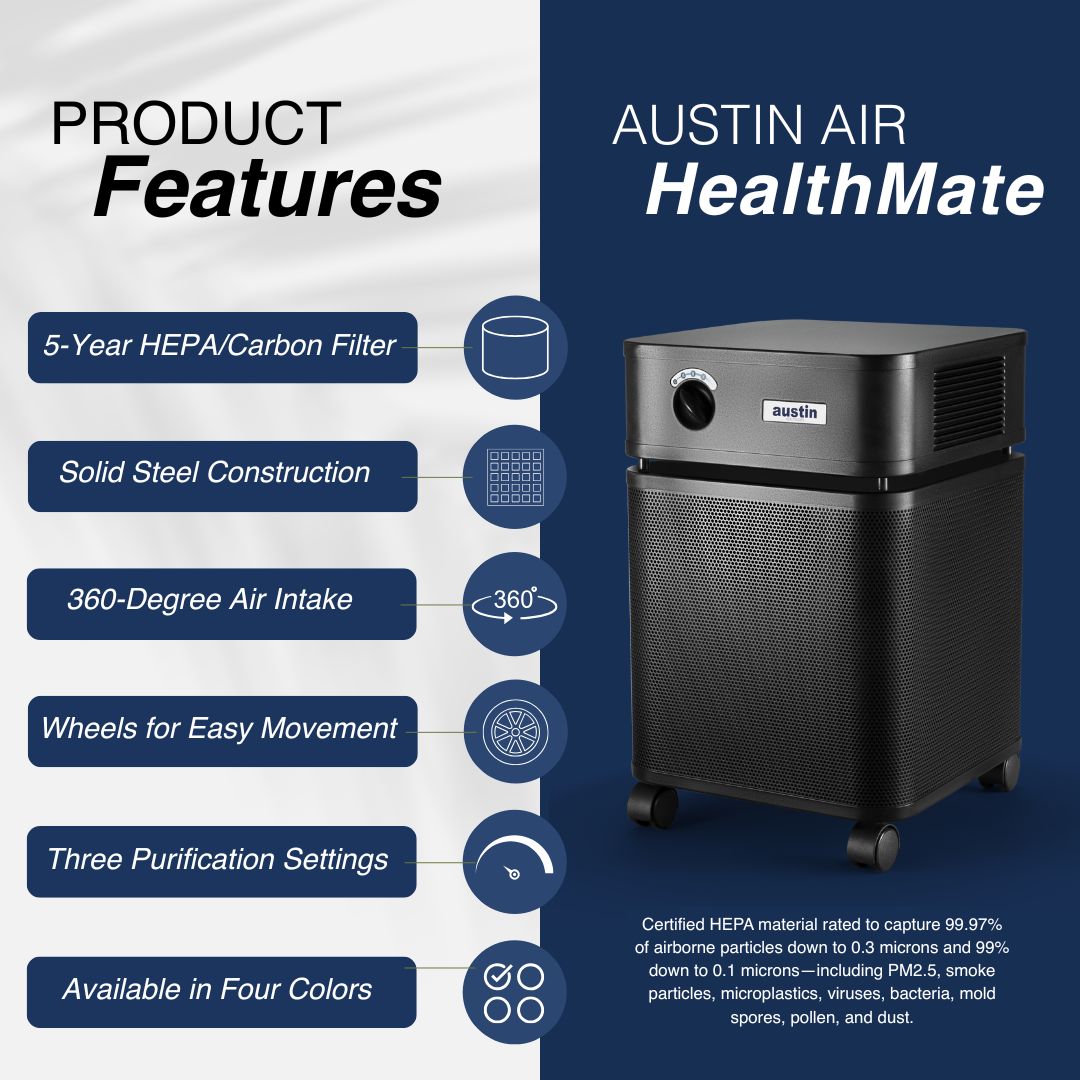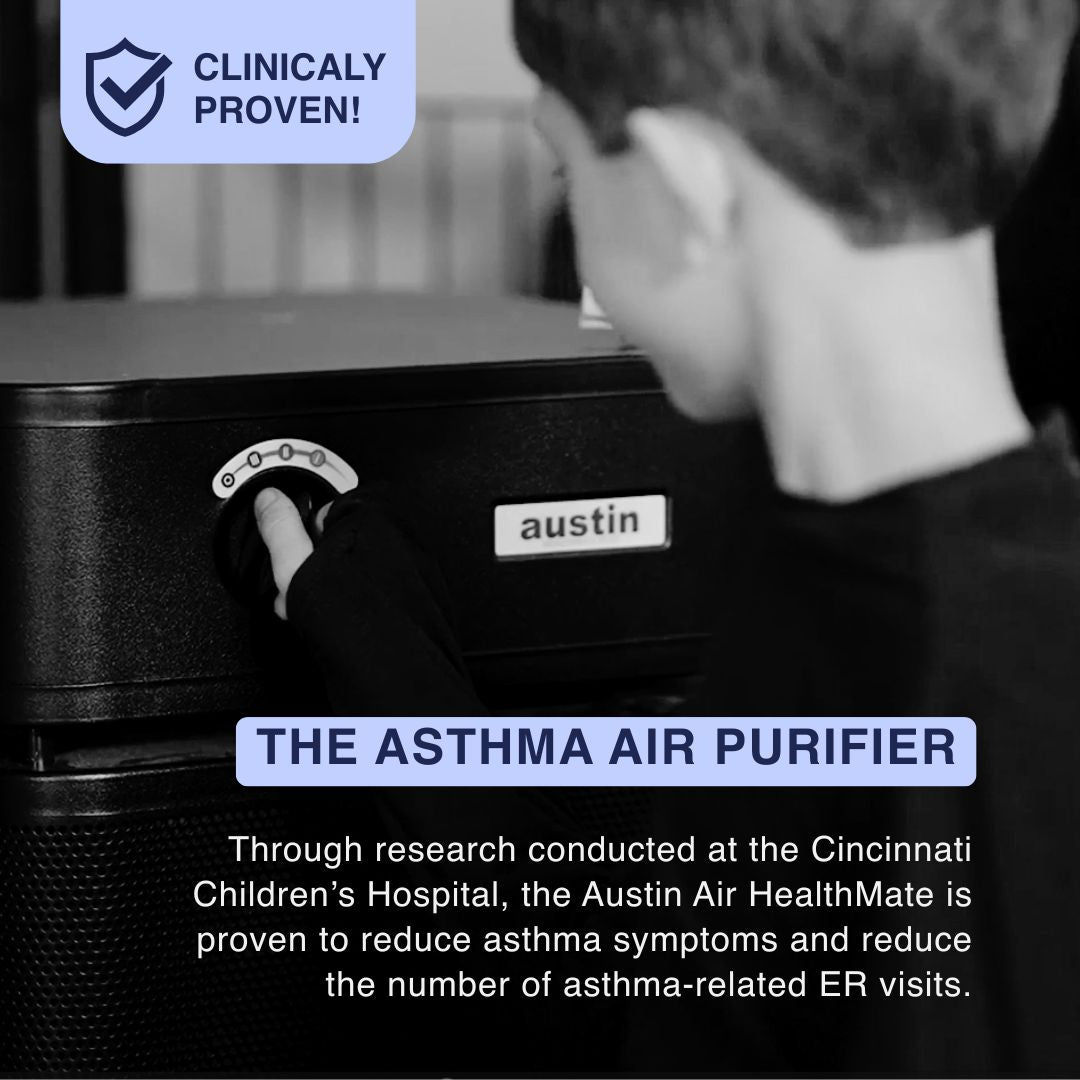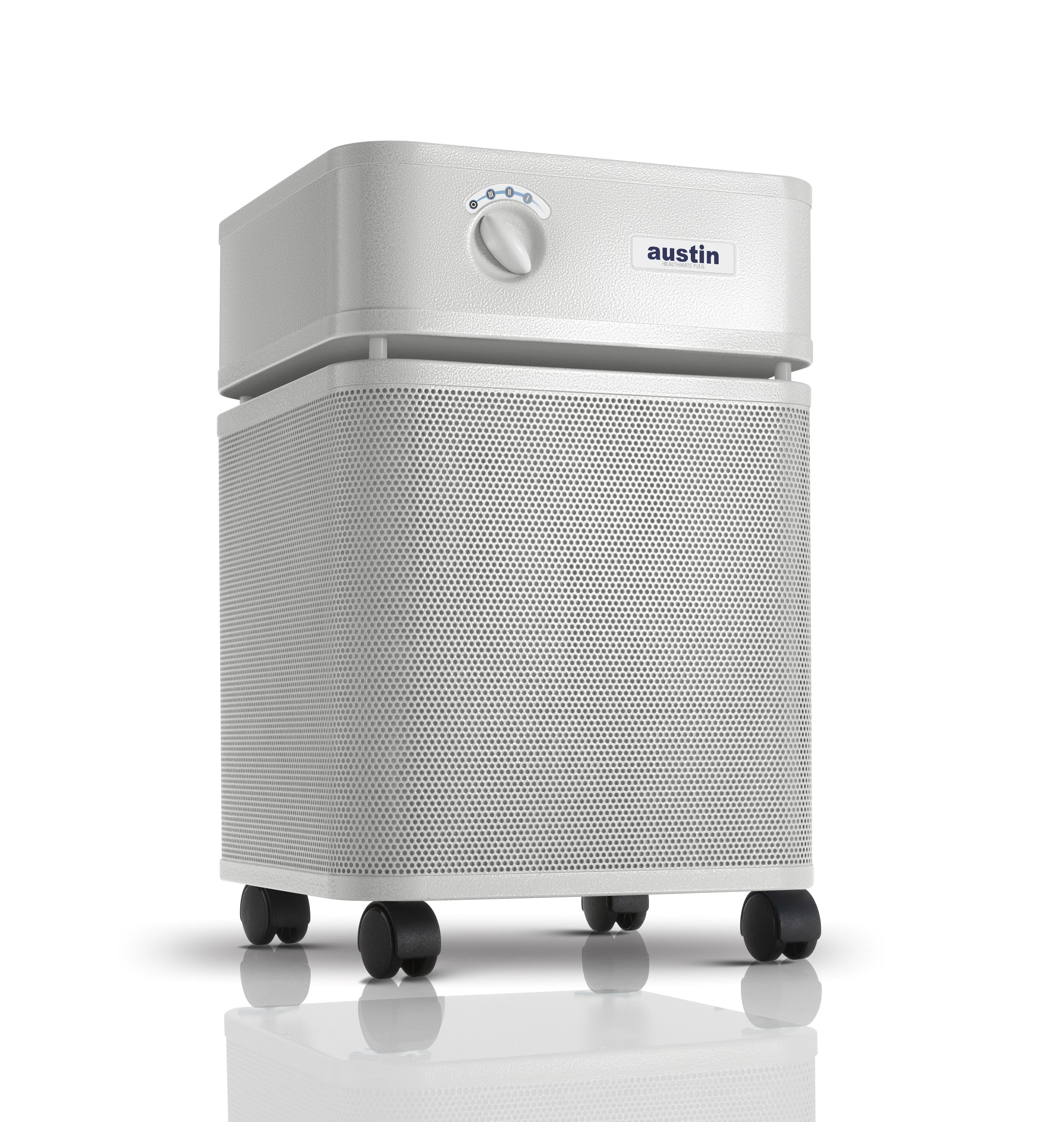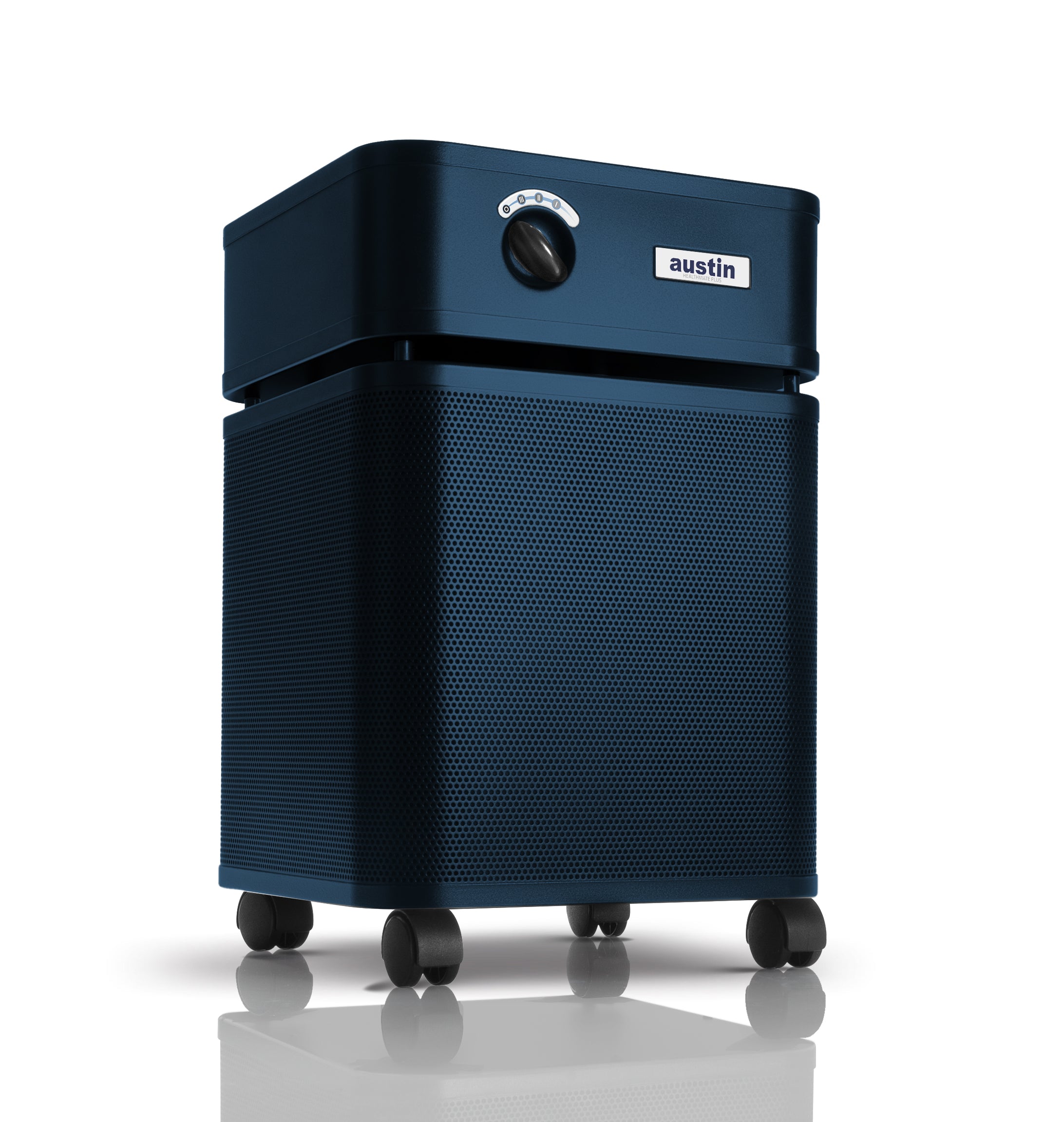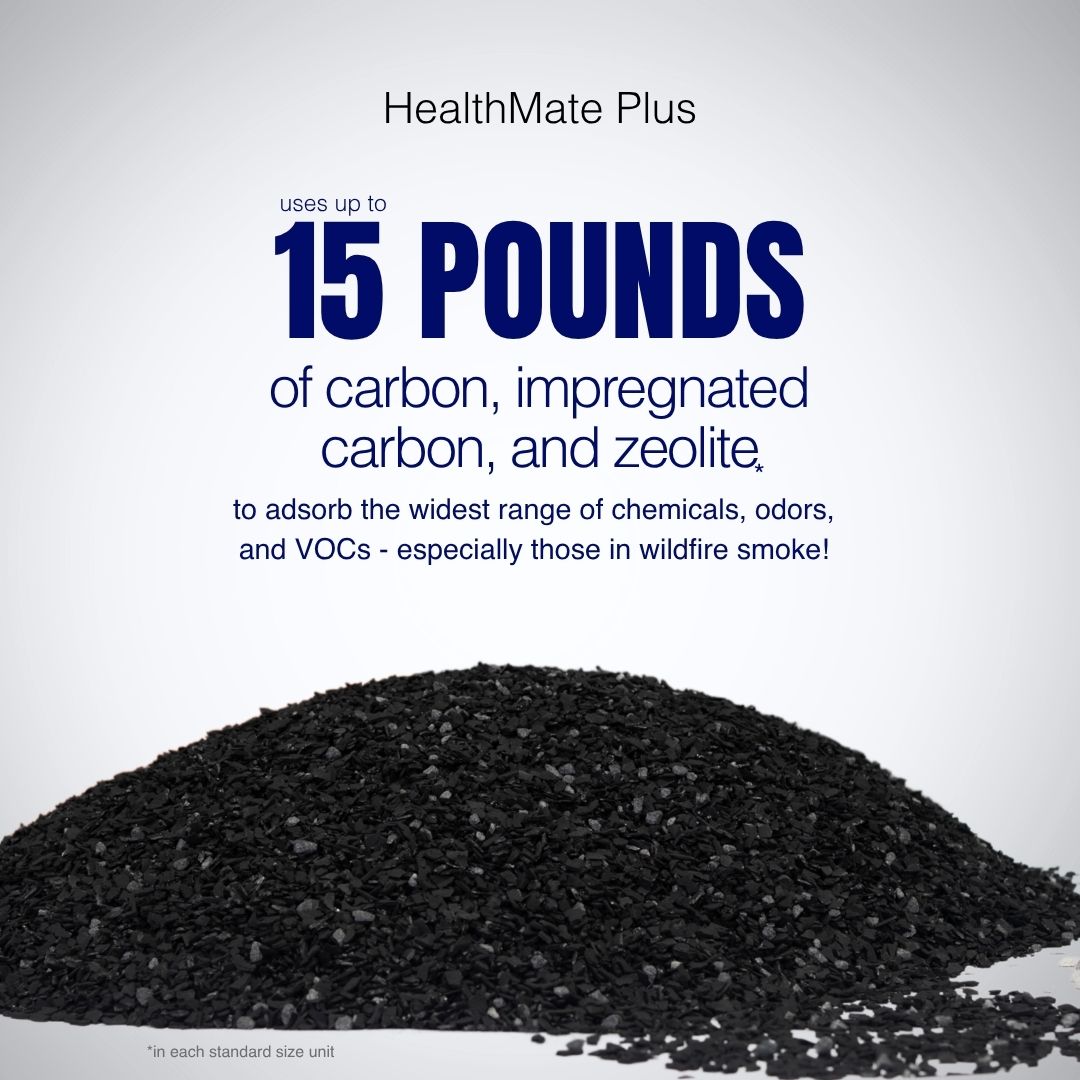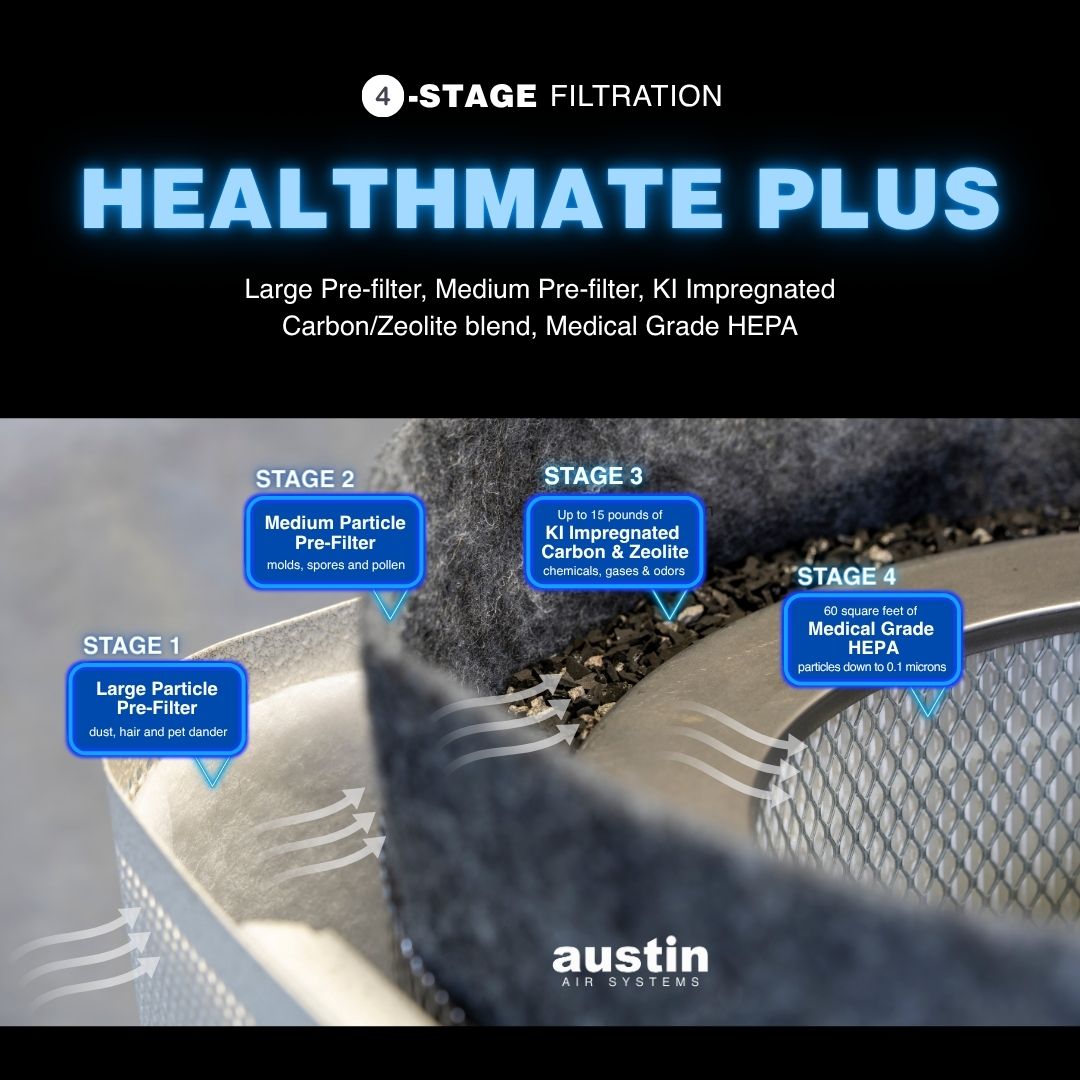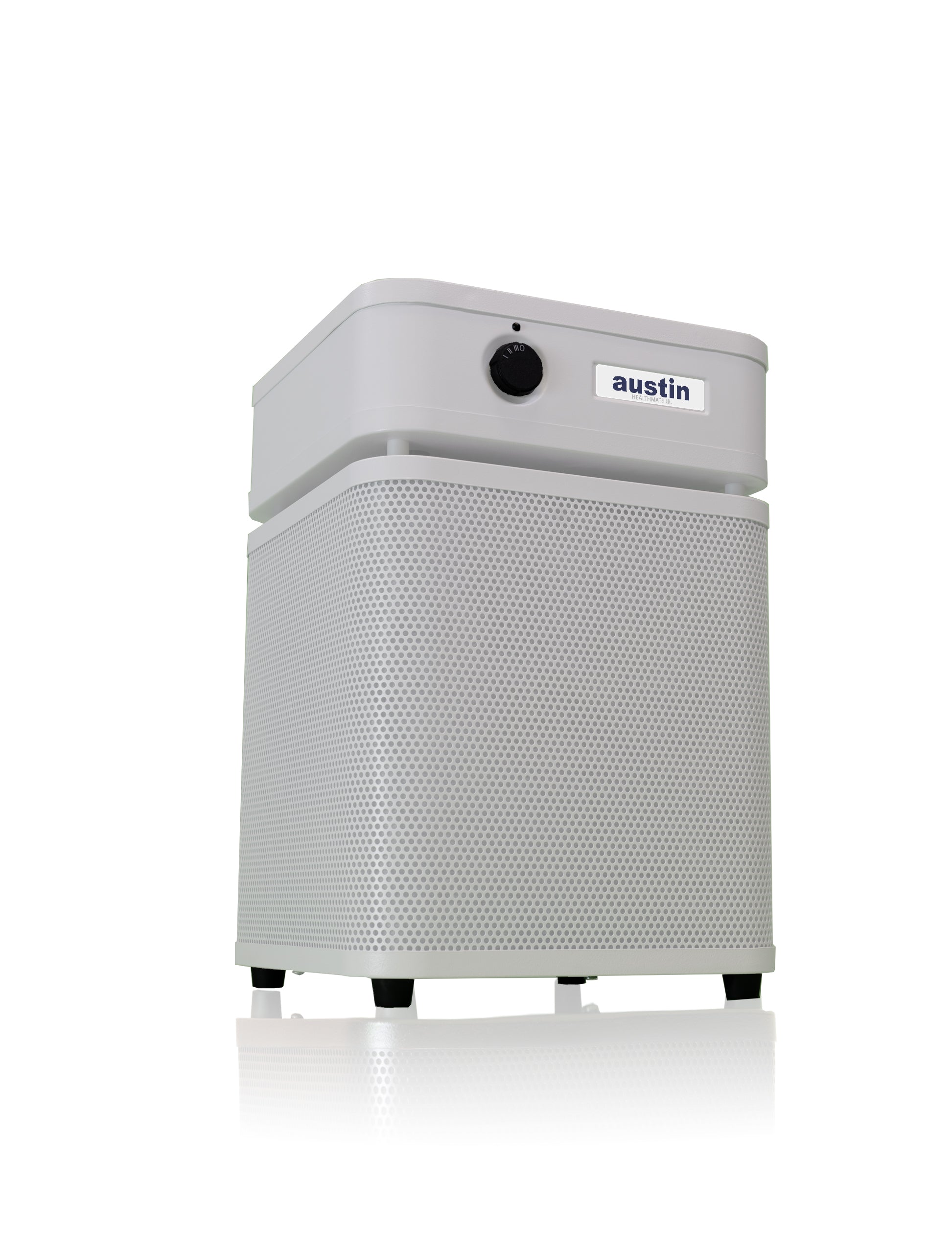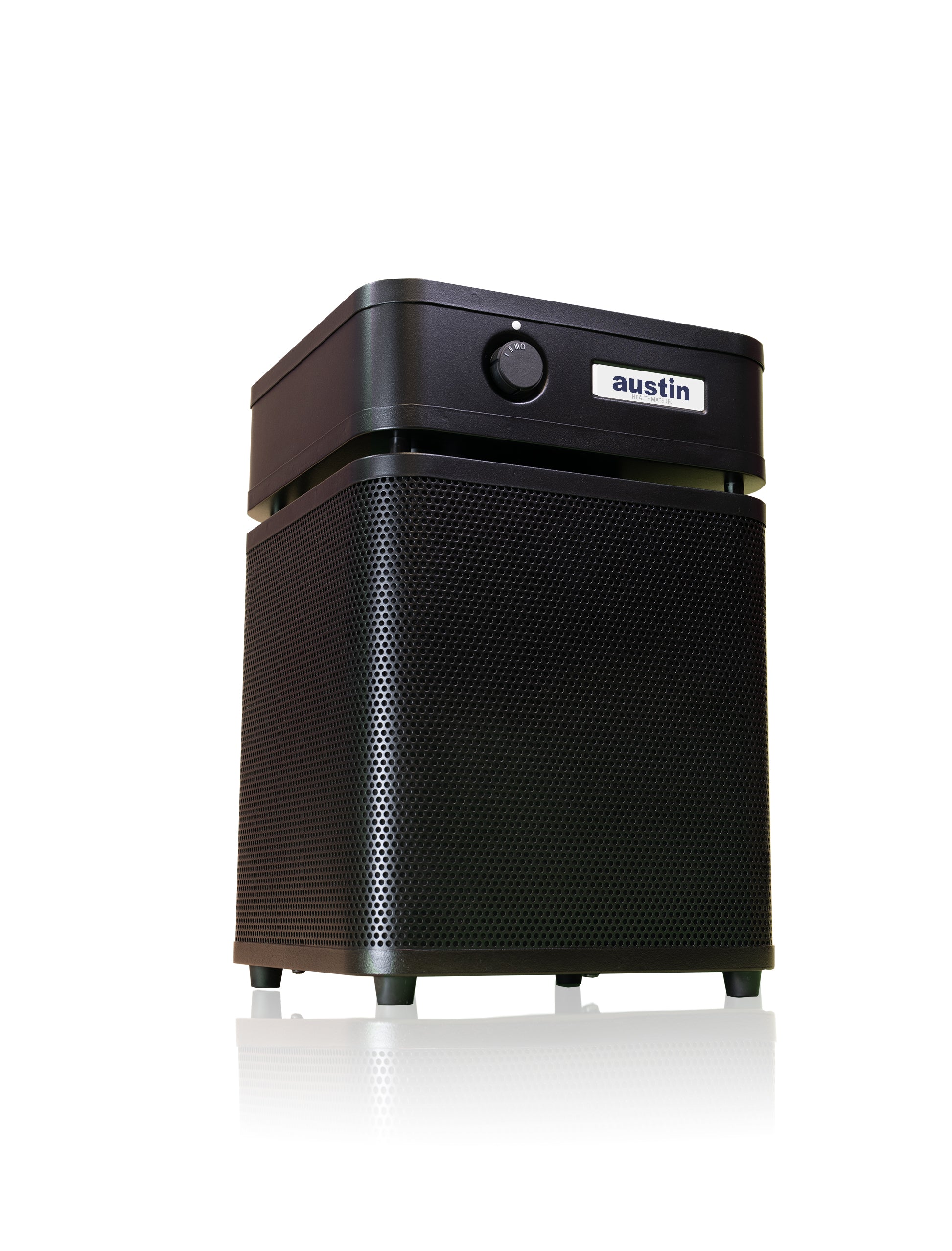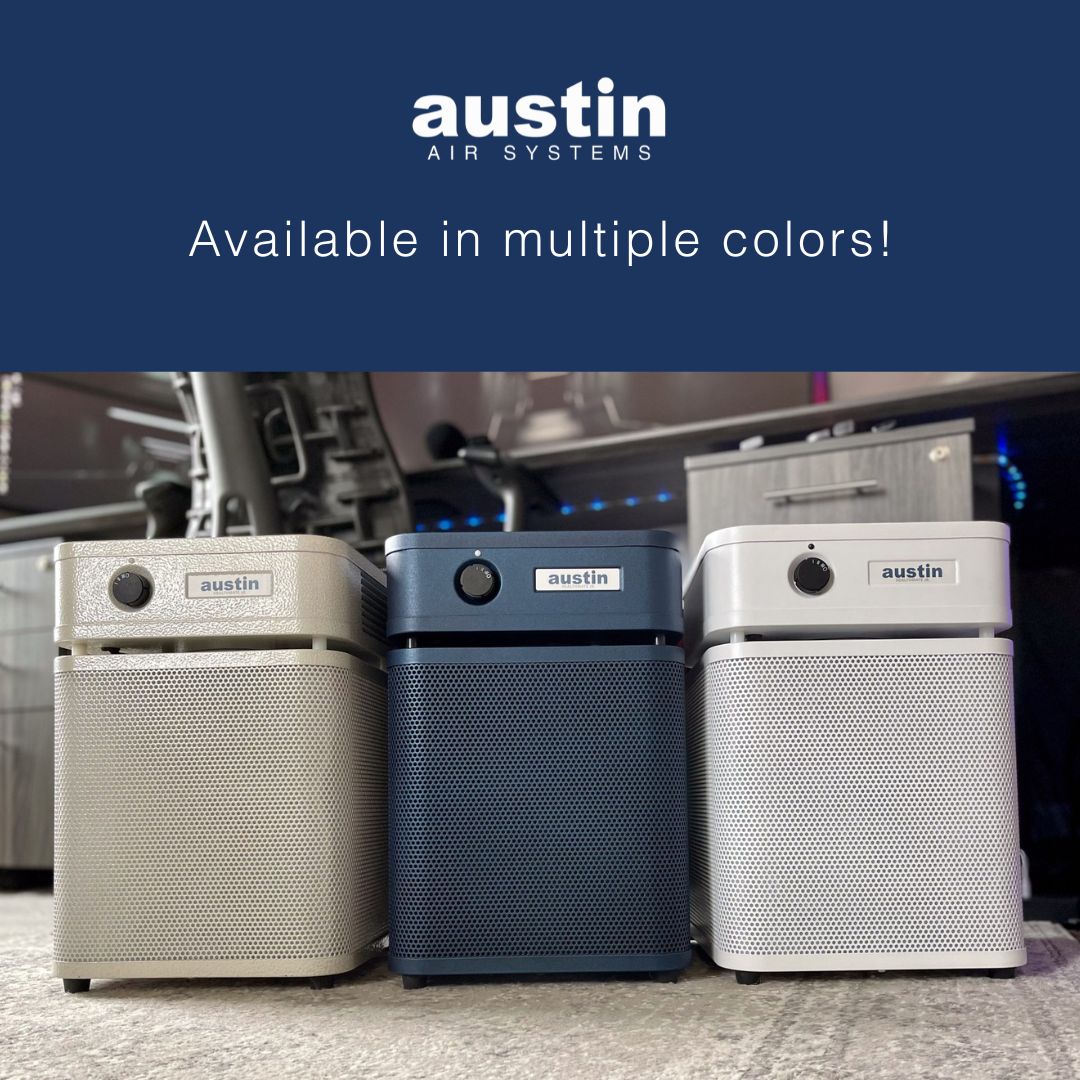The Most Trusted Air Purifier In the World
Austin Air Systems delivers the most trusted, medical-grade air purifiers on the market—and we have for more than three decades. Our purifiers are backed by rigorous testing performed by the world’s most respected laboratories, and they are proven through successful clinical trials conducted by the nation’s top research hospitals.
Sold in more than 100 countries, we maintain the largest air cleaner manufacturing facility in the world, right here in Buffalo, New York, proudly using high-quality, non-toxic materials when handcrafting each product.
With a massive amount of medical-grade and military-grade filtration technology, our purifiers are designed to last 5 years, so you can enjoy reliable, long-term performance with minimal maintenance.
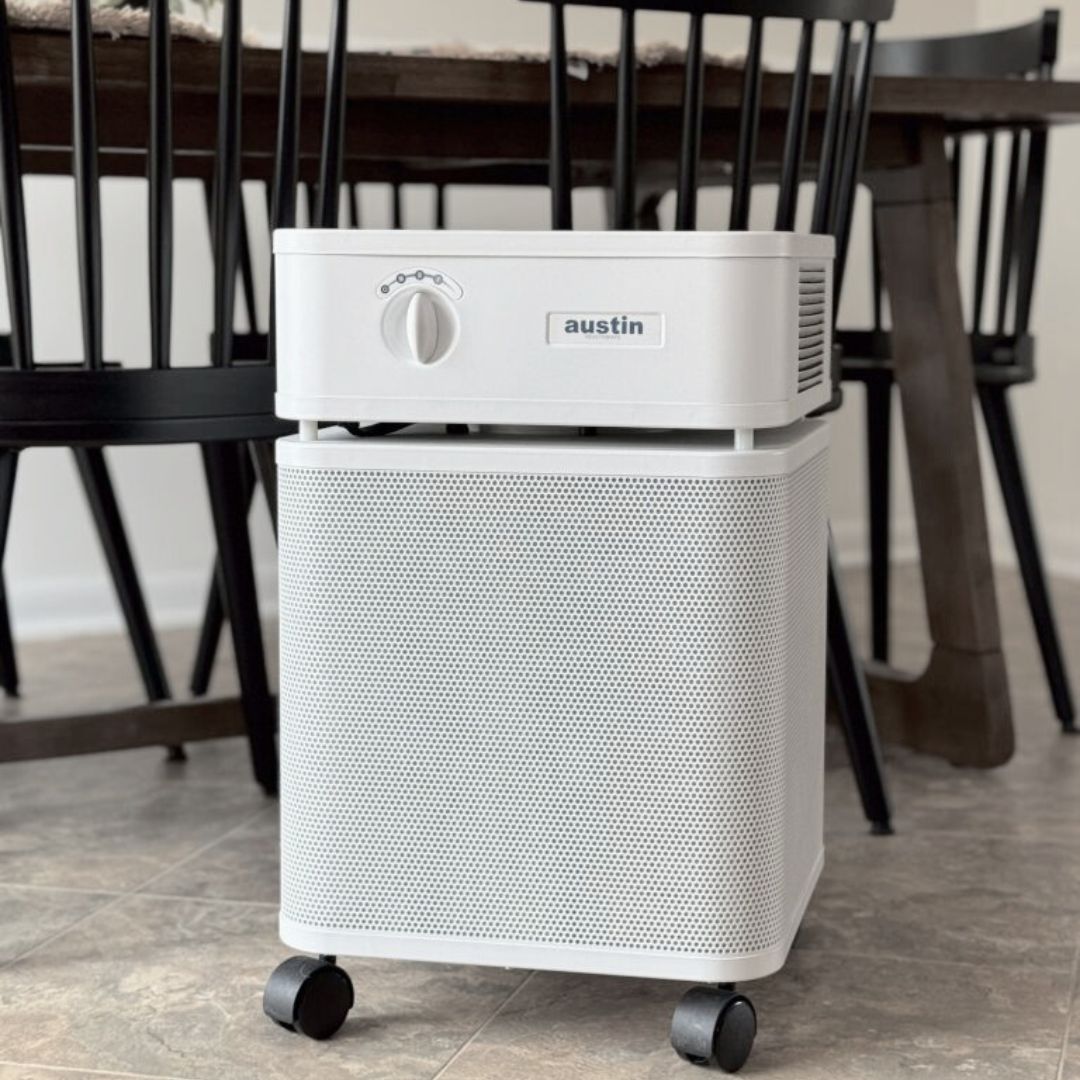
Trusted By First Responders
In independent government tests, Austin Air outperformed over 100 competing air purifiers, earning recognition as the most effective air purifier for emergency response. That's why, Austin Air has been selected by FEMA and the American Red Cross to provide critical air filtration during some of the most devastating events in U.S. history—including 9/11, Hurricane Katrina, Hurricane Sandy, and the 2015 SoCal gas leak.
For decades, Austin Air purifiers have been trusted during wildfire disasters, helping to filter the harmful mix of smoke, chemicals, and fine particulate matter released into the air. During the COVID-19 pandemic, our purifiers were been deployed in schools, hospitals, and essential businesses across the world.

7 Successful Clinical Trials
Austin Air is the only air purifier manufacturer to partner directly with top medical and research institutions to conduct clinical trials on our products. Our commitment to scientific validation sets us apart in the industry and reinforces our reputation as a clinically proven air purification solution.
We’ve collaborated with renowned organizations, including:
- Johns Hopkins University
- University of Connecticut (UConn)
- American Academy of Pediatrics
- Cincinnati Children’s Hospital
- University of Washington
- Franklin W. Olin College of Engineering
- UConn School of Medicine
Of the seven clinical trials, Austin Air purifiers delivered positive results in every single one, demonstrating improvements in air quality, respiratory symptoms, asthma and COPD management, and overall lung function, especially in vulnerable populations like children and the elderly.
While the results confirmed what we've long known—that our medical-grade HEPA and activated carbon filtration works—they’ve been a game-changer for doctors, hospitals, and health professionals seeking air purification systems that are not just trusted, but scientifically validated.
Austin Air remains the only air purifier brand to receive this level of clinical endorsement—earning approval from every institution that has tested our products.

Independently Certified & Tested
The Medical Grade HEPA used in all Austin Air filters has Certified HEPA material rated to capture 99.97% of airborne particles down to .3 microns and 99% of airborne particles down to .1 microns. Product tests on flow and vapor, gas, and sub-micron particle removal have been performed by Battelle Laboratories, one of the world’s most respected testing laboratories for the Army Corp of Engineers at the U.S. Army Aberdeen Test Center.
From personal mission To nationwide movement
Our late founder, Richard Taylor, set out to help a loved one breathe better.
Austin Air began when our founder, Richard Taylor, set out to help a loved one who faced a severe respiratory condition that conventional solutions couldn’t relieve. Determined to find a better way, he developed an air purifier that combined medical-grade HEPA filtration with activated carbon and Mineral-Based Filtration—a powerful, multi-stage approach that brought lasting relief.
Word spread quickly, and people across the country began turning to Austin Air to help manage asthma, allergies, chemical sensitivities, and other chronic respiratory challenges. What started as a personal mission became a nationwide movement—improving lives through cleaner, healthier air.
Dealers
Years in business
Countries
Doctors
The History of Austin Air
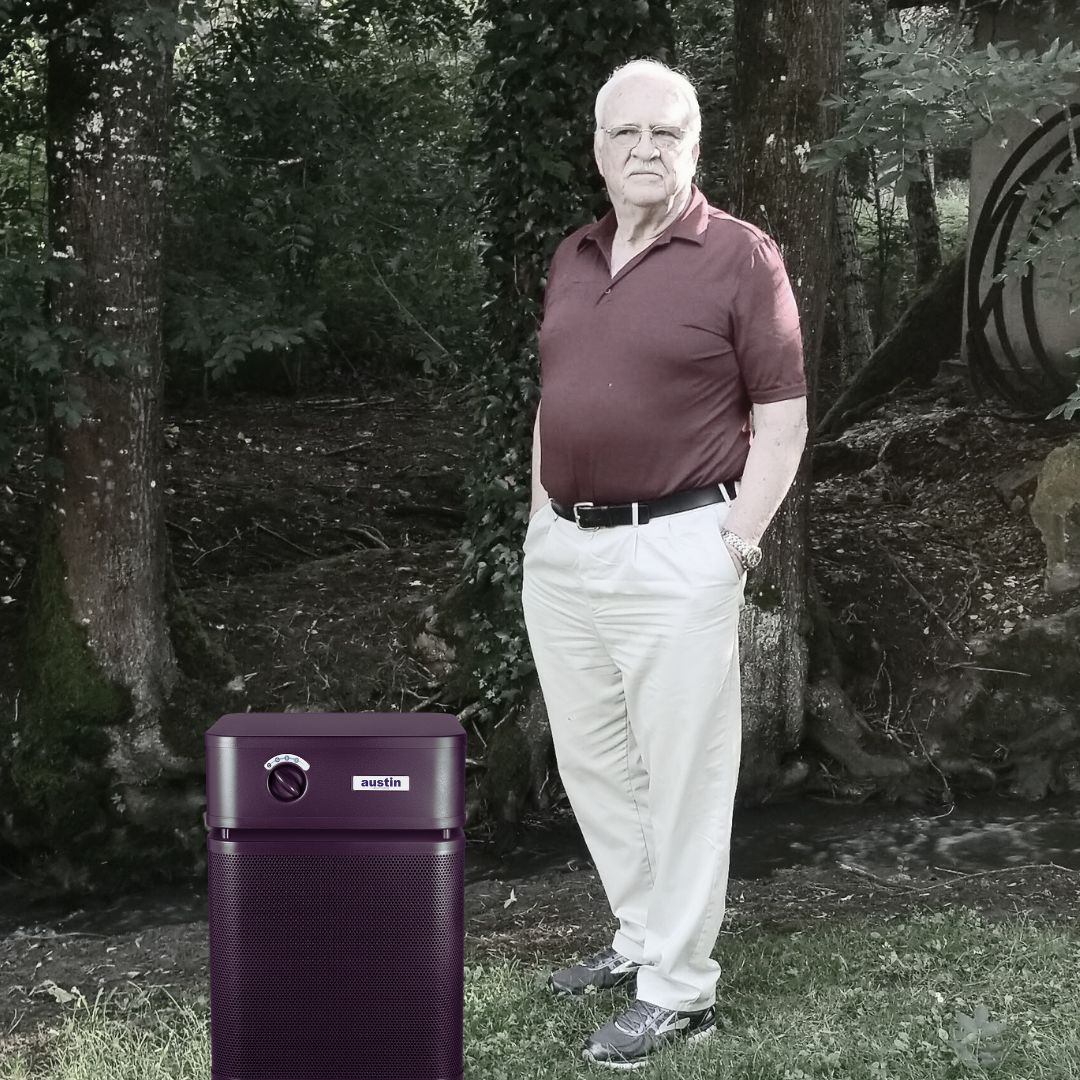
1990
The Start of Austin Air
After much engineering, our founder, Richard Taylor, releases the Austin Air HealthMate, our flagship air purifier. Using true medical-grade HEPA and granular activated carbon, it is the first-ever medical-grade air purifier available for general consumers.
Austin Air becomes the first company to introduce Mineral-Based Filtration to capture ultra-fine gas molecules and the first company to offer a 5 year filter warranty.
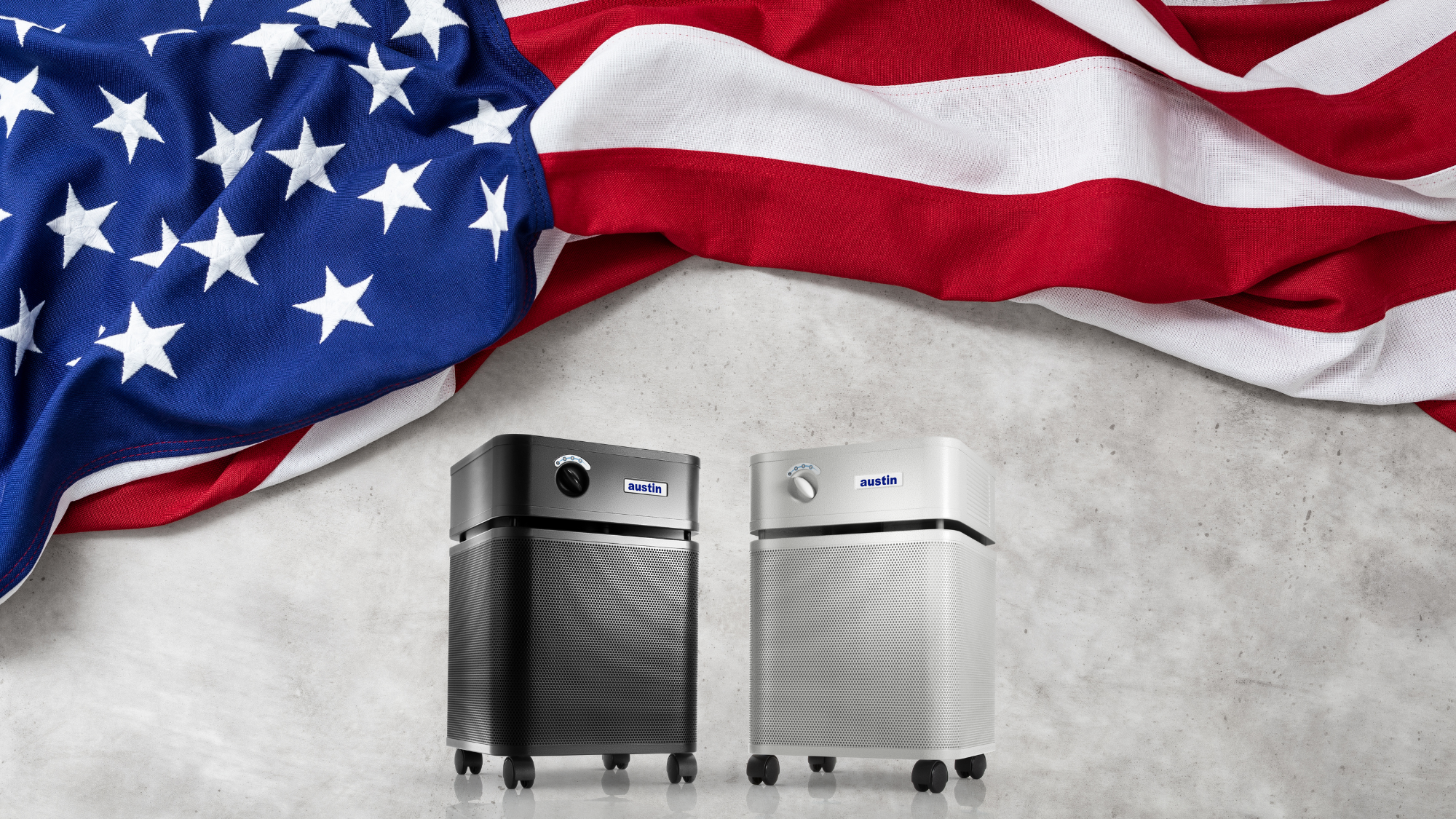
1991-1999
Austin Air Gains Recognition
This was a period of major recognition as Austin Air earned trust around the world for providing clean air. Our HealthMate was featured in respected medical newsletters, proven to remove up to 99.97% of harmful particles. We introduced the HealthMate Plus, the first air cleaner designed for chemically sensitive customers, and even developed a custom purifier for Kuwait to combat pollution from the Desert Storm oil fires. Dr. Doris Rapp, a leading pediatric allergy and environmental doctor, embraced our products and helped spread awareness through books, television, and radio. During this time, we also brought HEGA carbon cloth filtration to the market, a breakthrough technology originally created for chemical warfare defense.

2000
Testing at Battelle Laboratories
The Austin HealthMate undergoes extensive testing along with over 100 other air purifiers at Battelle Laboratories, one of the world’s most respected testing laboratories for the Army Corp of Engineers at the U.S. Army Aberdeen Test Center.
The HealthMate is selected as the top air purifier for chemical and VOC filtration.

2001
Trusted By First Responders
Following the terrorist attacks of September 11th 2001, Austin Air products are recommended by the Red Cross, FEMA, and the U.S. Department of Housing and Urban Development (HUD) to combat the negative health effects of ash, chemicals and VOCs released into the air as a result of the attacks.
Also in 2001: Austin Air is selected by the country’s number one children’s hospital, Cincinnati Children’s Hospital, to take part in a clinical trial.
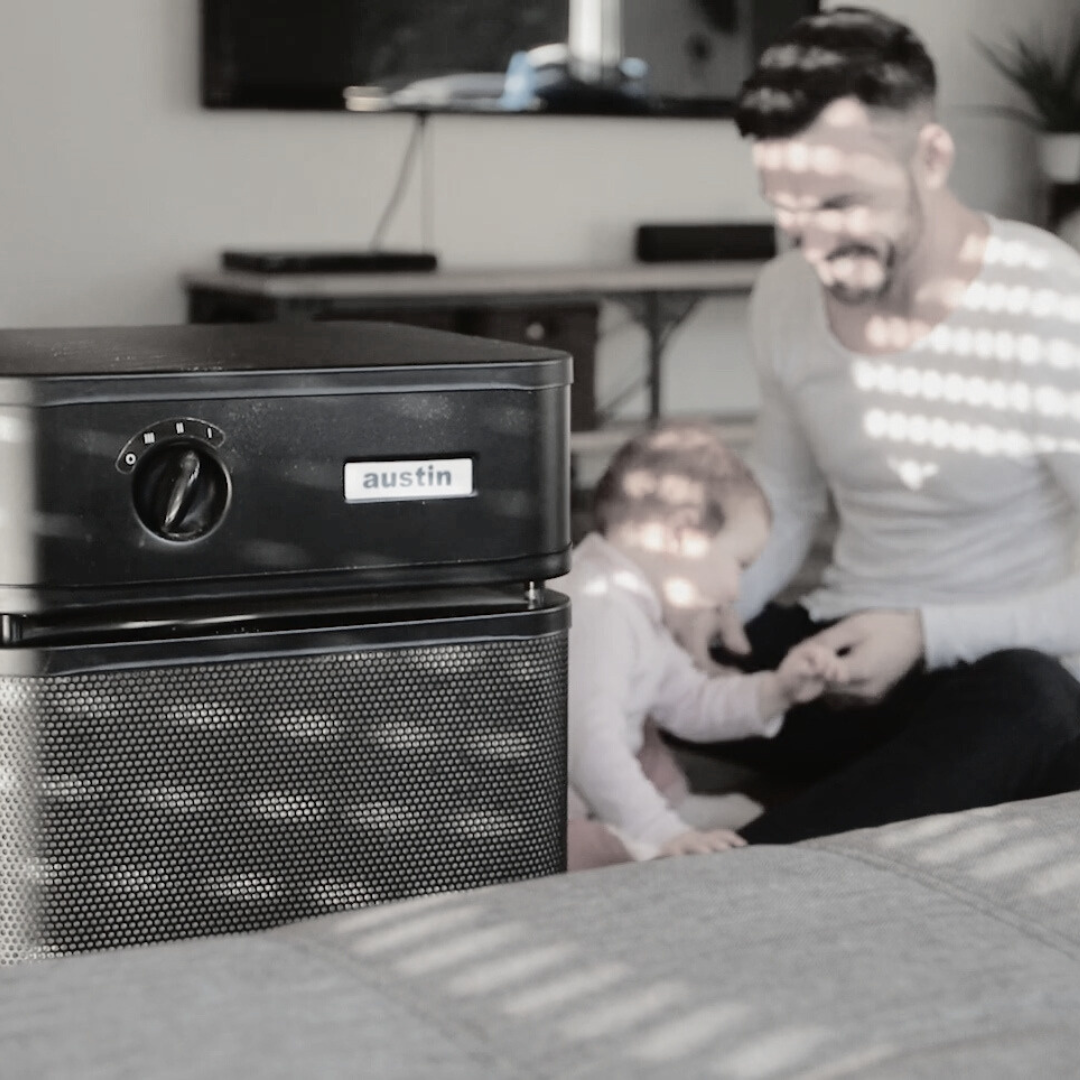
2002
Anniston, Alabama
The United States government planned to destroy part of its stockpile of chemical weapons in Anniston, Alabama. In case hazardous materials were released into the environment, local residents were instructed to follow a ‘Shelter in Place’ program. All residents had to take refuge in a small interior room with few or no windows.
The US government issued an Austin Air purifier to more than 28,000 homes in the Anniston area to protect residents in the event of a chemical disaster.
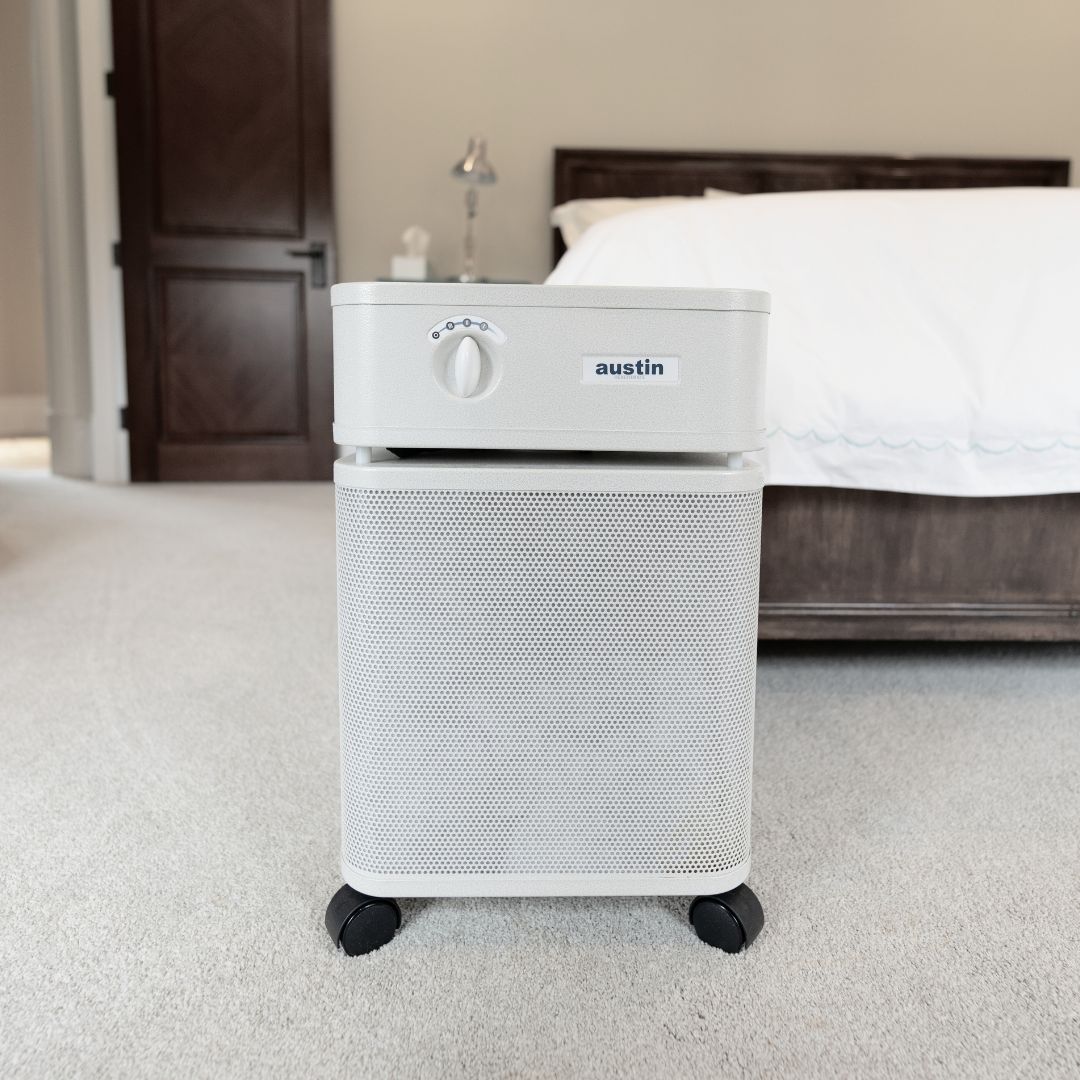
2009
Johns Hopkins NO2 Study Begins
Austin Air is selected by Johns Hopkins University in Baltimore to carry out a clinical trial to measure how effectively Austin Air purifiers can reduce levels of indoor Nitrogen Dioxide. Nitrogen Dioxide (NO2) is a gas often present in homes with gas stoves. It is particularly dangerous for people with COPD, as it can cause coughing, wheezing, and chest tightness. Participants were given two Austin Air Purifiers, one for the kitchen and the other for the bedroom. The results were impressive, as NO2 levels dropped and air quality improved significantly.

2010
Clinical Trials & CARB Certification
Austin Air partners with Johns Hopkins University and begins two more clinical trials. The first is to determine how using an Austin Air purifier improves indoor air quality for pregnant women or women with very young children, living with a smoker. The second: to investigate how using an Austin can help to improve COPD symptoms.
Also in 2010: Austin Air receives the California Environmental Protection Agency’s Air Resources Board certification. This confirms Austin Air purifiers are well under the standards for safe ozone emissions.
Also in 2010: Austin Air is clinically proven by the Cincinnati Children’s Hospital to help reduce children’s asthma symptoms and minimize visits to the ER.
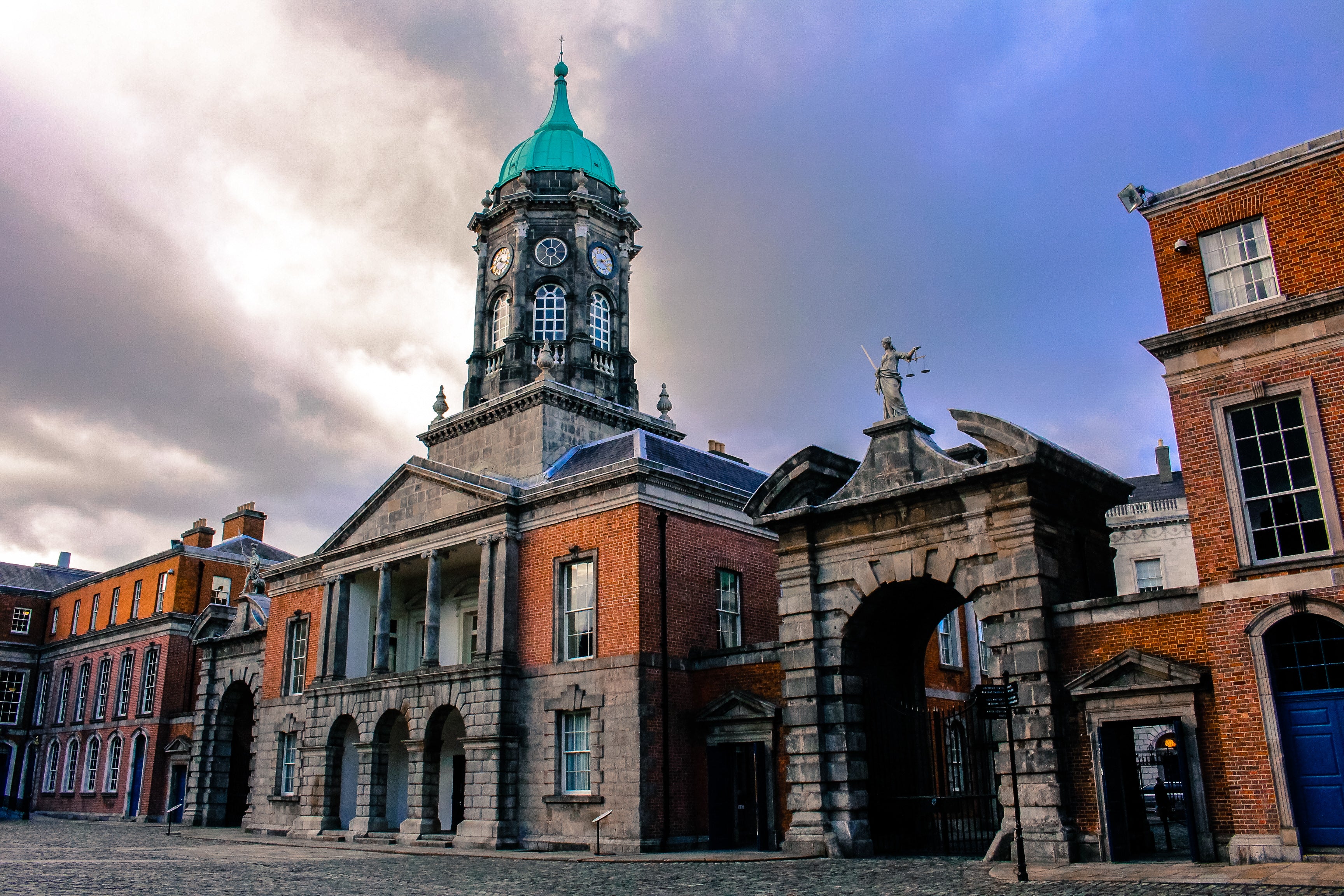
2011-2014
Proven Results in Medical Research
Johns Hopkins publishes results of a clinical study that shows a reduction of NO2 in homes with gas stoves when using the Austin Air Bedroom Machine; in fact, the Austin proved better than using a range hood for ventilation above the stove. The results of this study were so favorable, Johns Hopkins requested Austin Air cleaners for 3 additional follow-up clinical studies.
Two ongoing follow-up studies with Johns Hopkins studying the effects of the Austin air purifiers with respect to adults suffering from COPD.
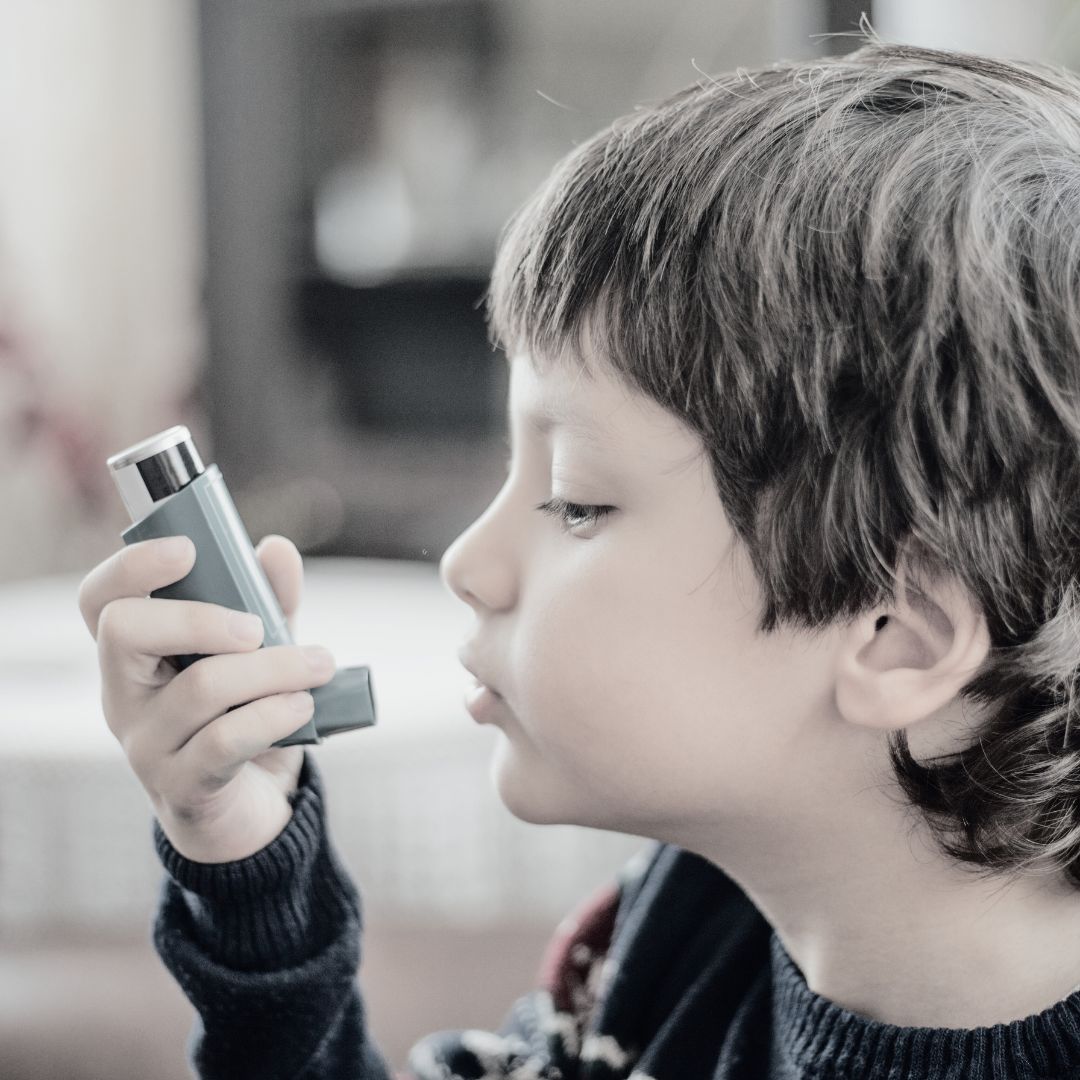
2015
University of Washington & Publication
Austin Air partners with the University of Washington to measure how using an Austin Air purifier helps to improve air quality for children with asthma, living in the Yakima Valley.
Also in 2015: Our first trial with Johns Hopkins is published. Results show that running an Austin helps to improve air quality and reduce levels of Nitrogen Dioxide in the homes of people with gas stoves.
The final clinical trial underway with Johns Hopkins is studying the effects of an Austin air purifier with respect to the effects of filtration of airborne particulates around babies and children.
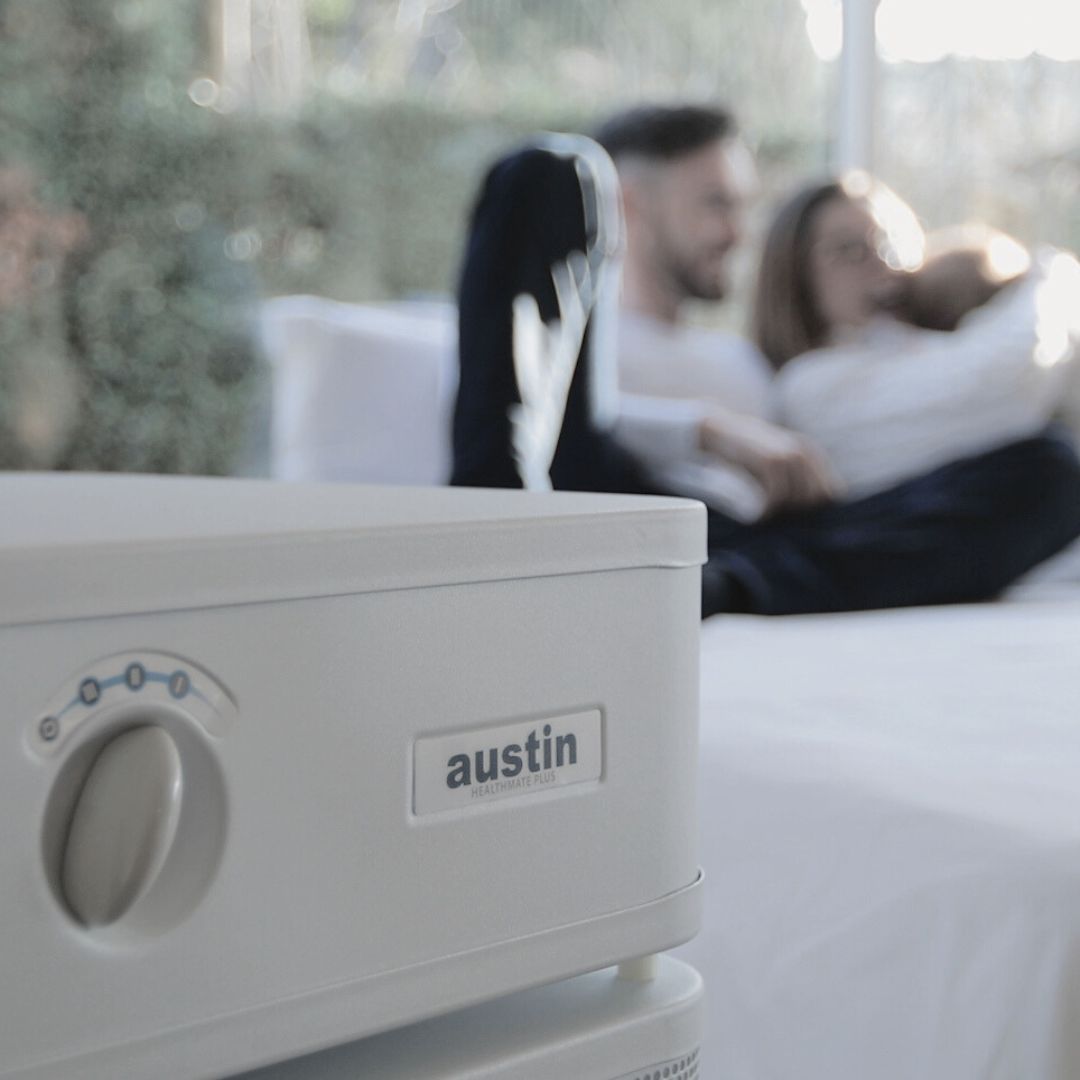
2016
Aliso Canyon Gas Leak
The Austin Air HealthMate Plus is deployed to thousands of residents of Porter Ranch, California, and the surrounding Aliso Canyon area, to help protect against the effects of the Southern California natural gas leak.
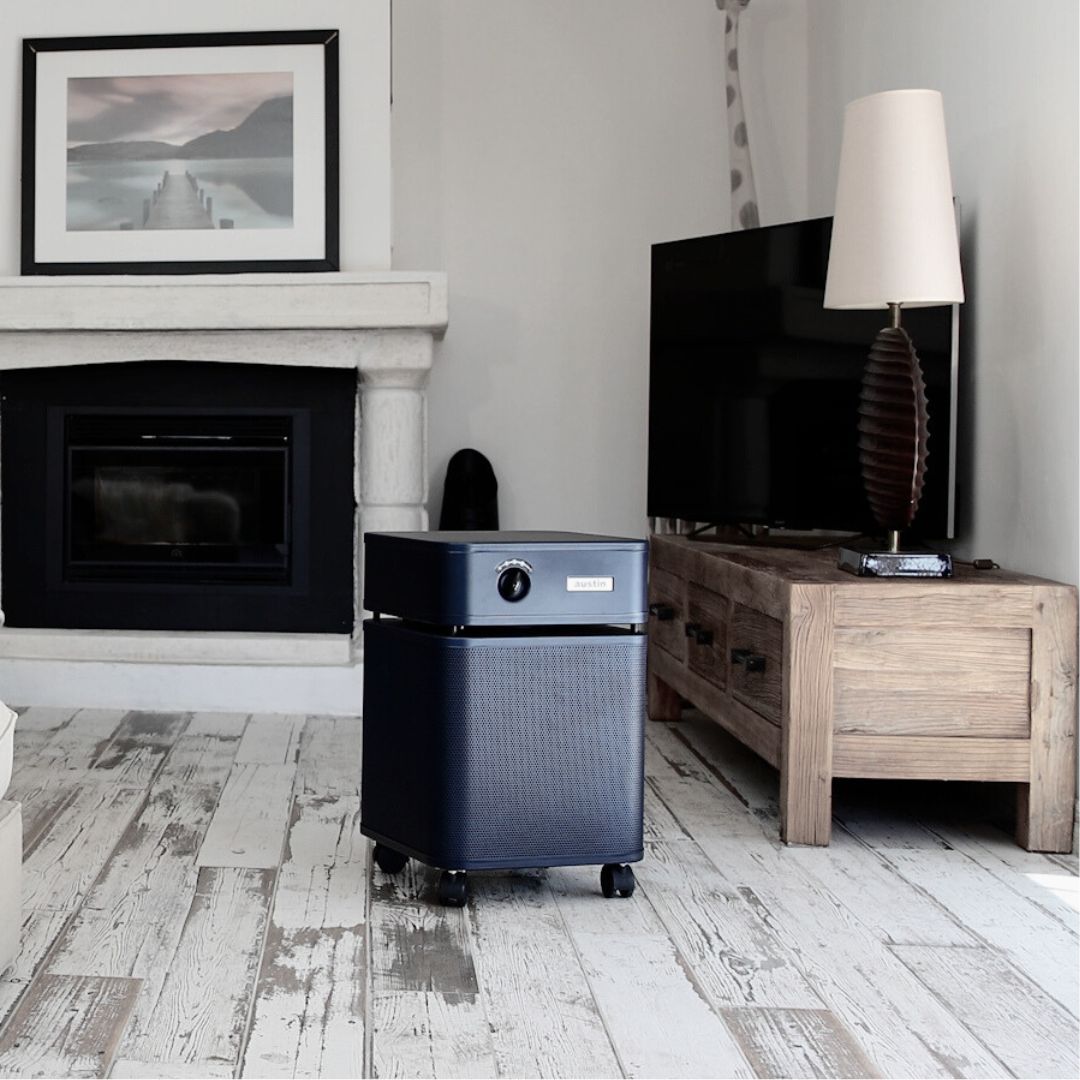
2018
Smoking Study Published
The results of our second Johns Hopkins Study are published. The results: After using an Austin Air purifier, indoor PM2.5was significantly decreased and salivary cotinine (a substance found in saliva that serves as a biomarker for nicotine exposure, particularly from tobacco use) was significantly decreased for non-smoking women. What's more, 98% of the participants said they would recommend an Austin Air Purifier to friends and family looking to improve indoor air quality.
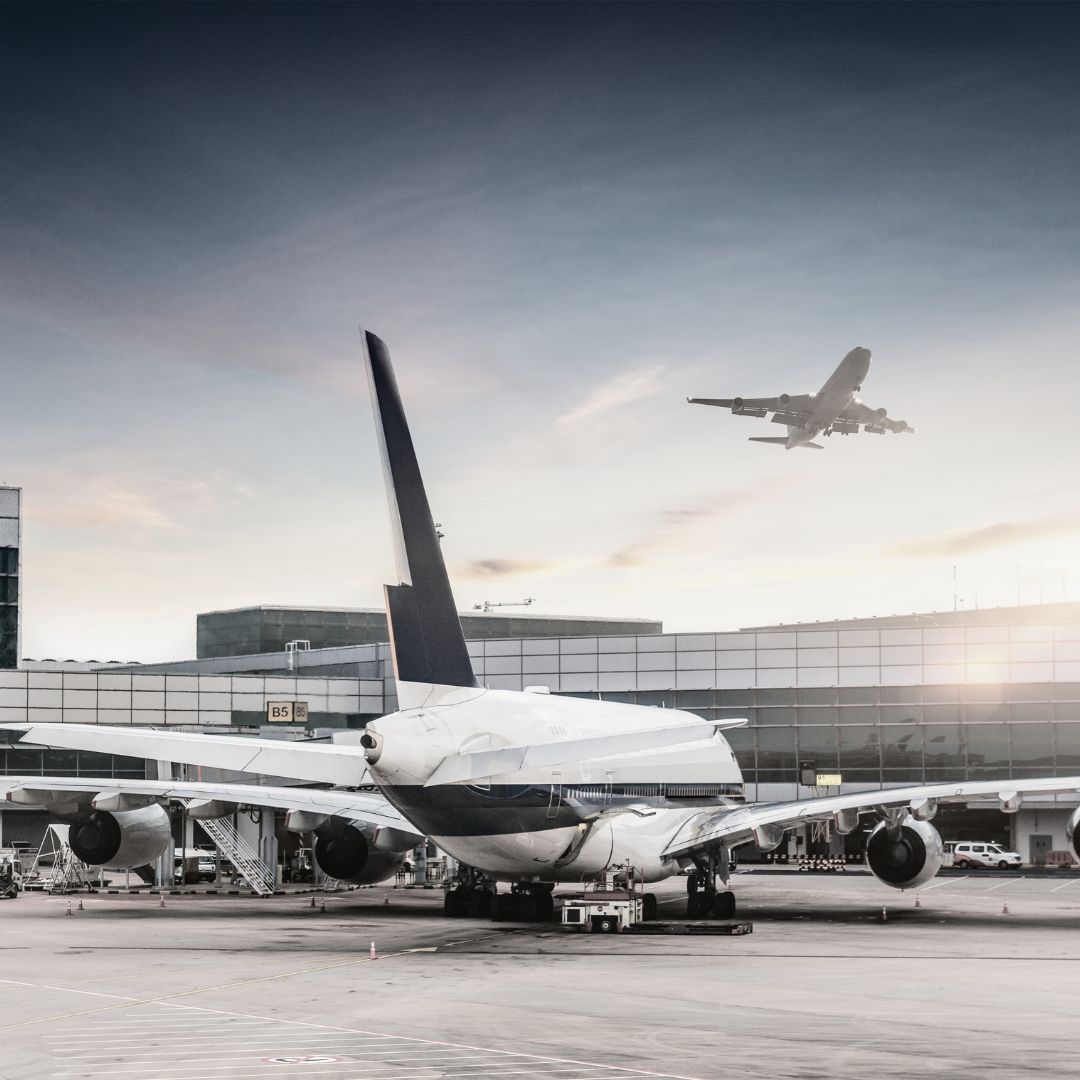
2019
Logan Int'l Airport, East Boston
Austin Air partners with various organizations in the Boston area, including the Franklin W. Olin College of Engineering, the East Boston Social Centers, AIRInc, and Blue Cross Blue Shield, to help improve air quality for residents living close to Logan International Airport in East Boston.
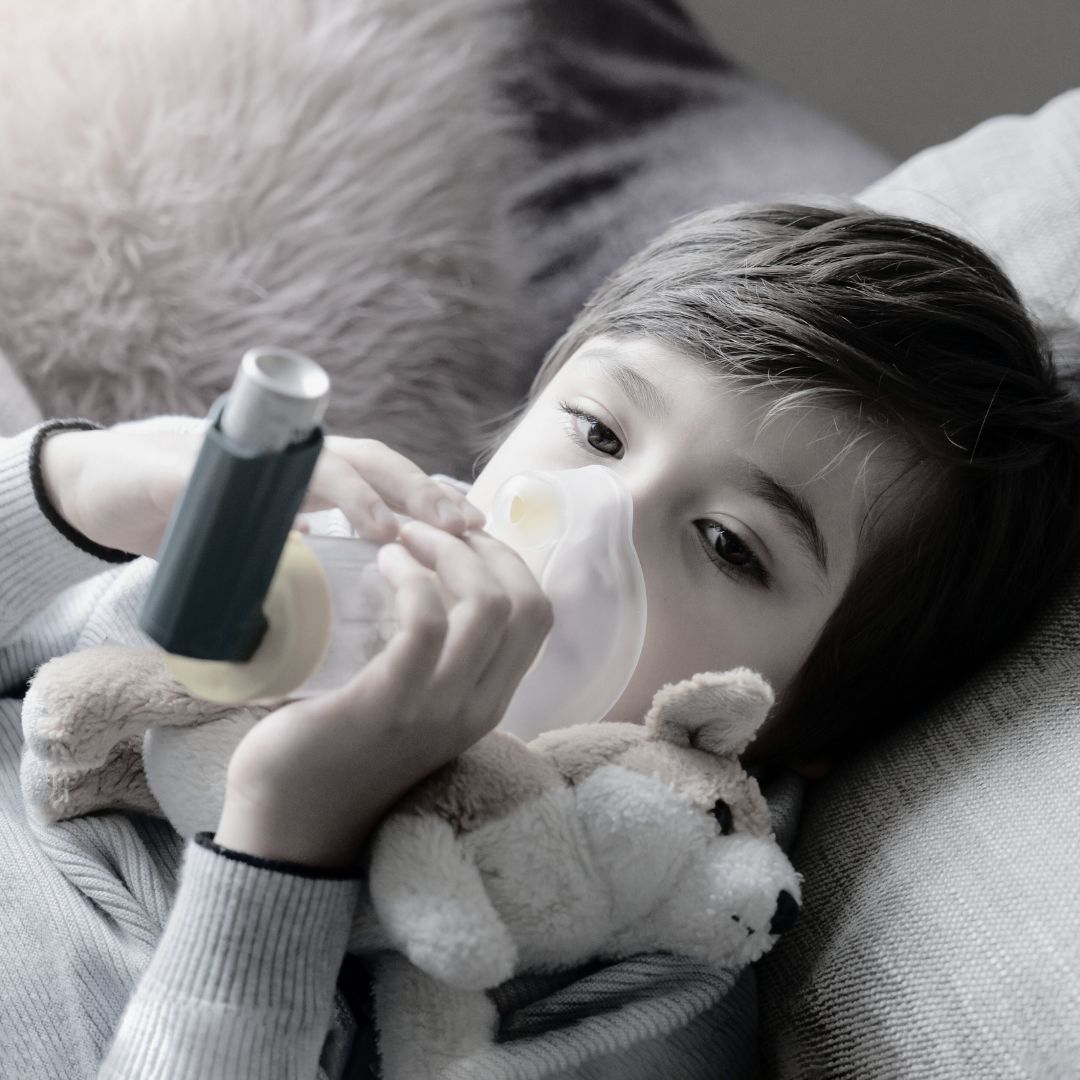
2020
Washington Univ. Asthma Study Results Published
The results of our clinical trial with Washington University are published, seeking to improve air quality for children with asthma. After using an Austin Air purifier, pollution levels in the living area were reduced by 48% and pollution levels in the children's bedrooms were reduced by 65%.
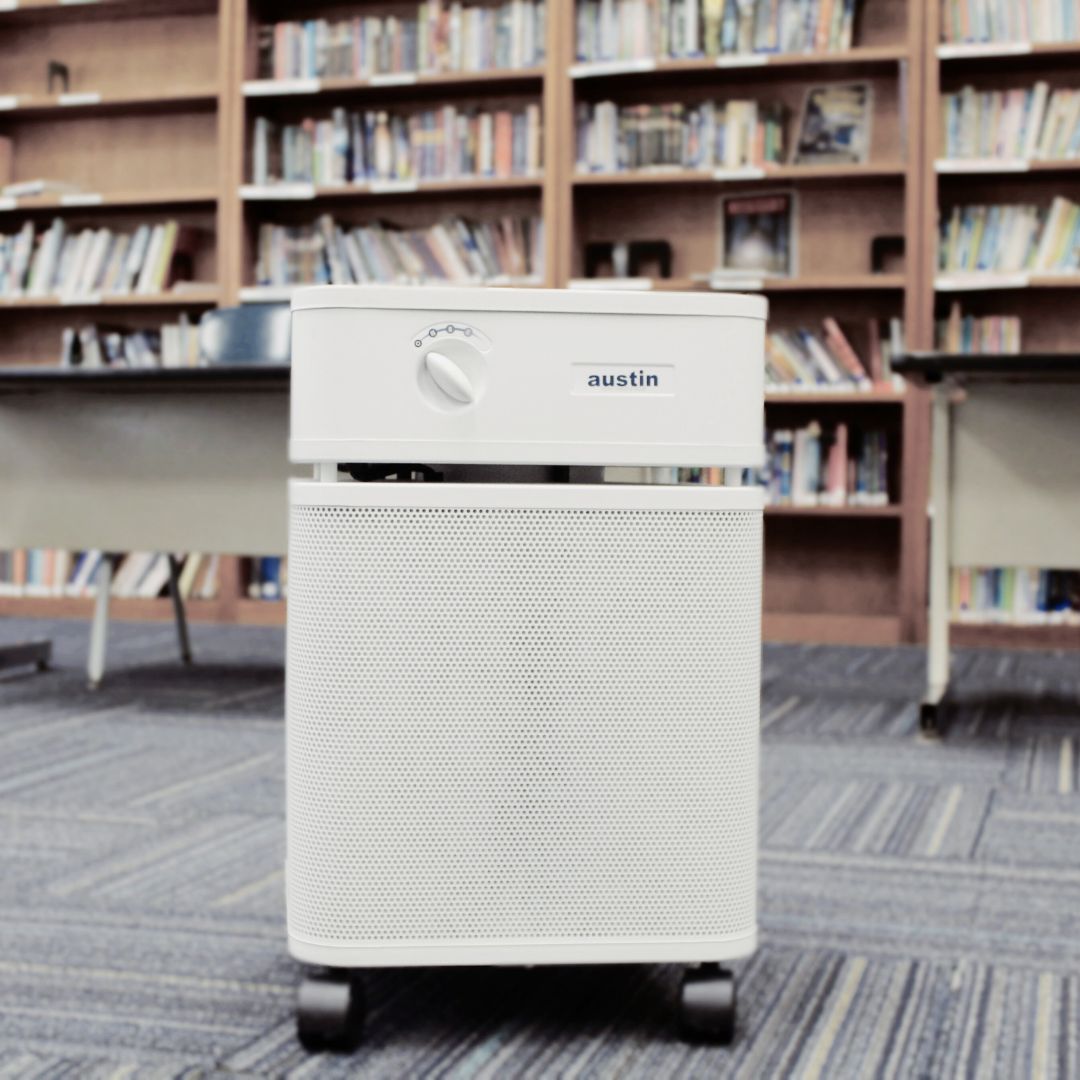
2021
More Studies and Pandemic Protection
The results of the Franklin W. Olin College of Engineering are published, showing an Austin Air helps to lower blood pressure for people exposed to pollution from vehicles.
Also in 2021: The results of a third study with Johns Hopkins are published. Results show that using an Austin Air purifier helps to improve symptoms for people suffering from COPD.
Also in 2021: Over 40,000 Austin Air purifiers are supplied to schools in Canada, protecting around 1 million Canadian school children and staff. Tens of thousands of classrooms in the U.S also follow suit deploying Austin Air purifiers to protect students and staff during the covid-19 pandemic.
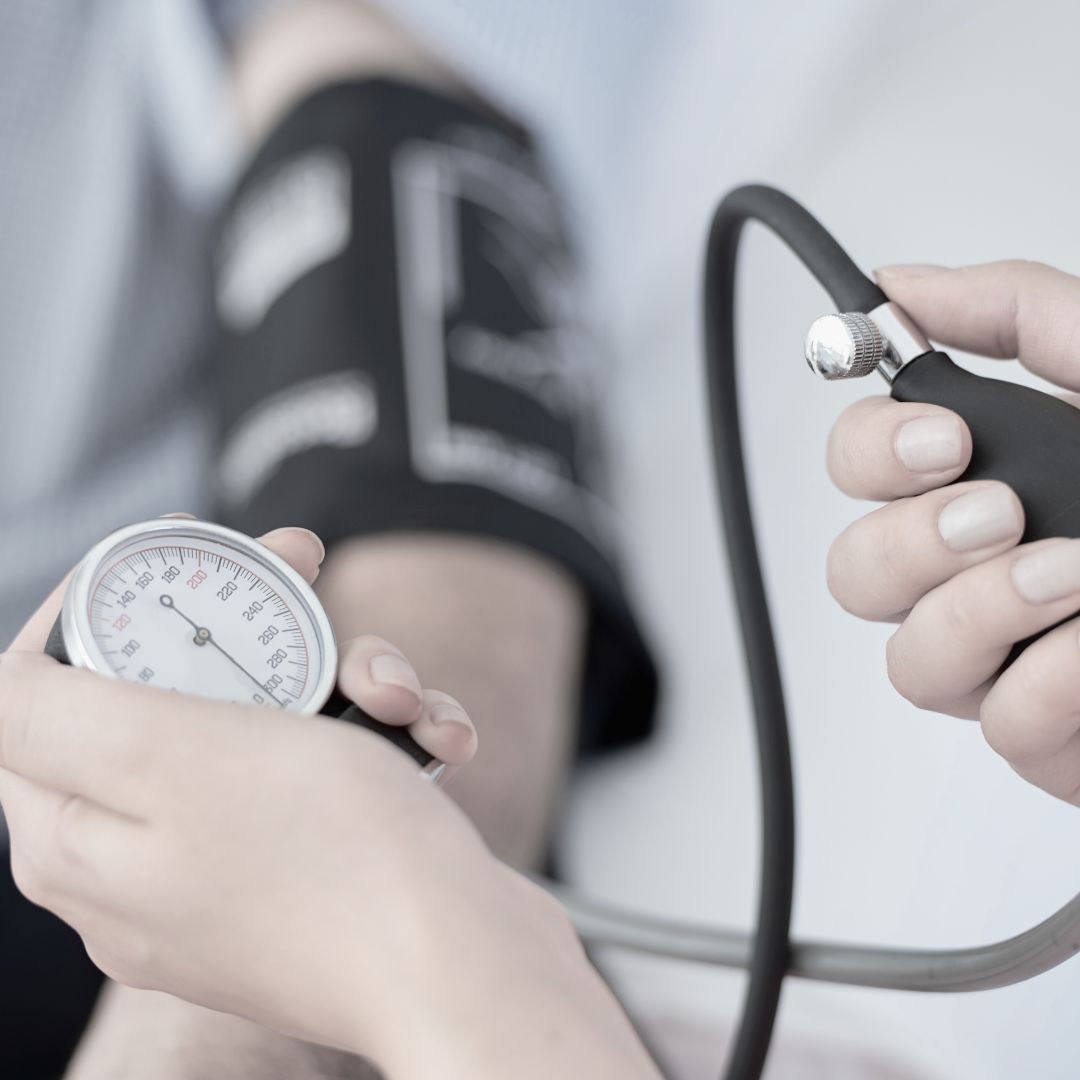
2025
UConn Blood Pressure Study Is Published
UConn School of Medicine study is published showing the Austin Air HealthMate helps to significantly lower systolic blood pressure in adults with elevated readings living near highways. Researchers found that participants with elevated systolic blood pressure (more than 120 millimeters of mercury) experienced an average 2.8 millimeters of mercury reduction after one month of filtration.
